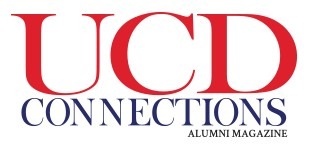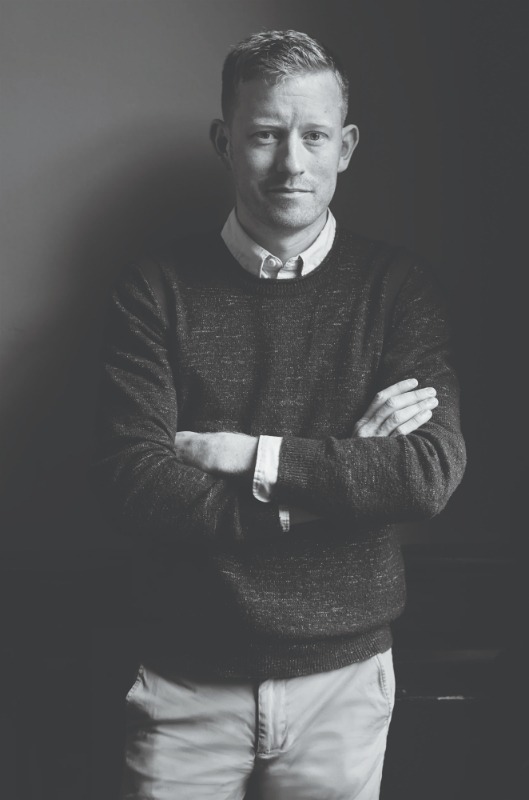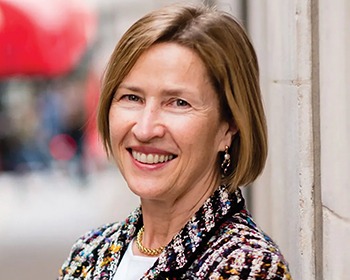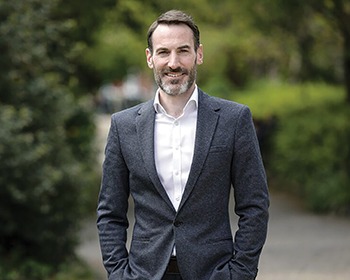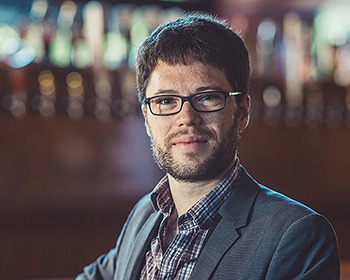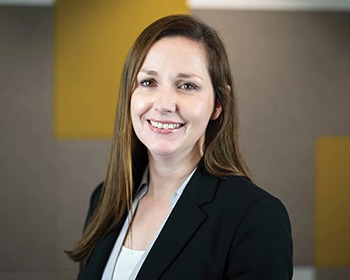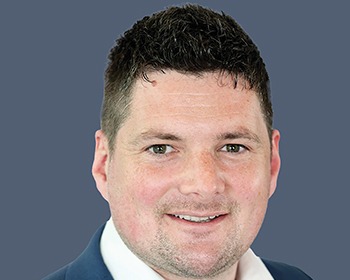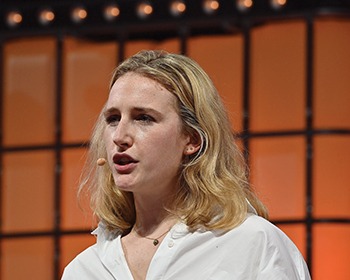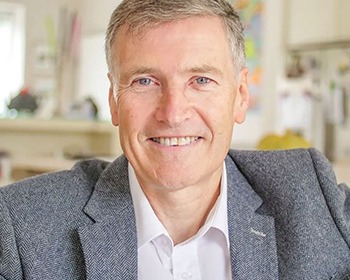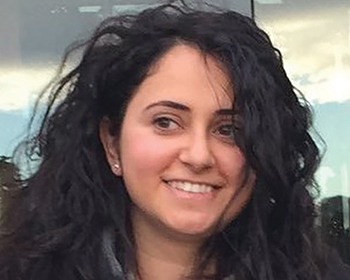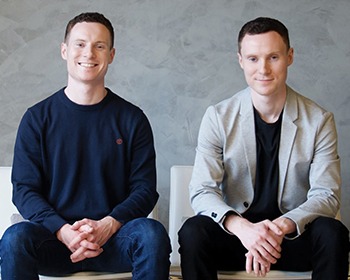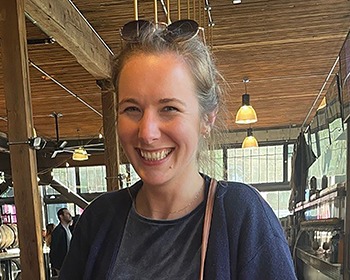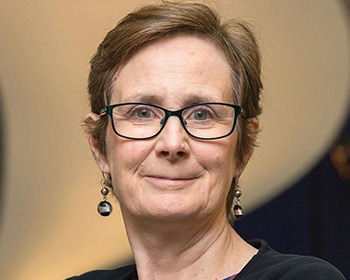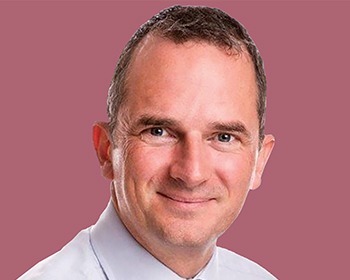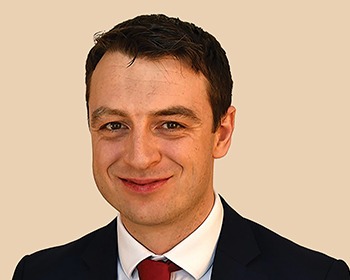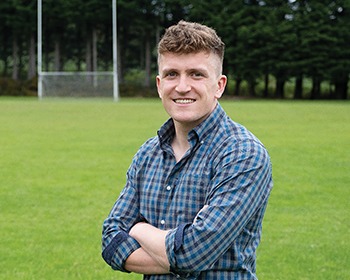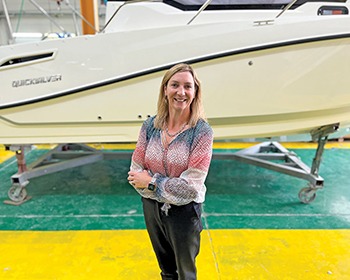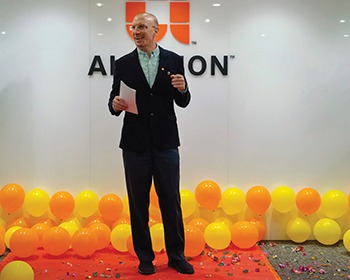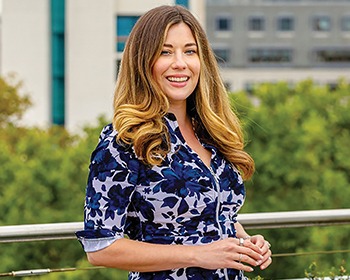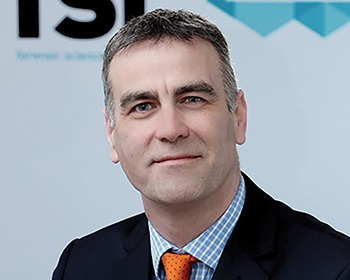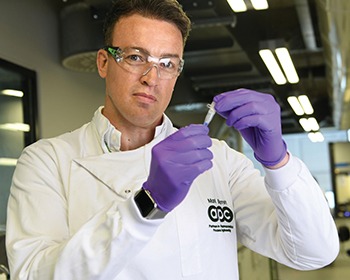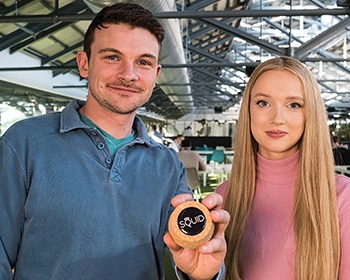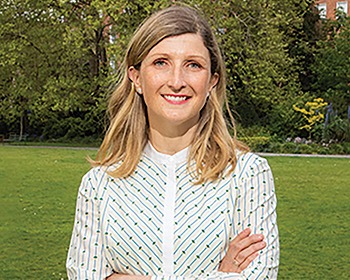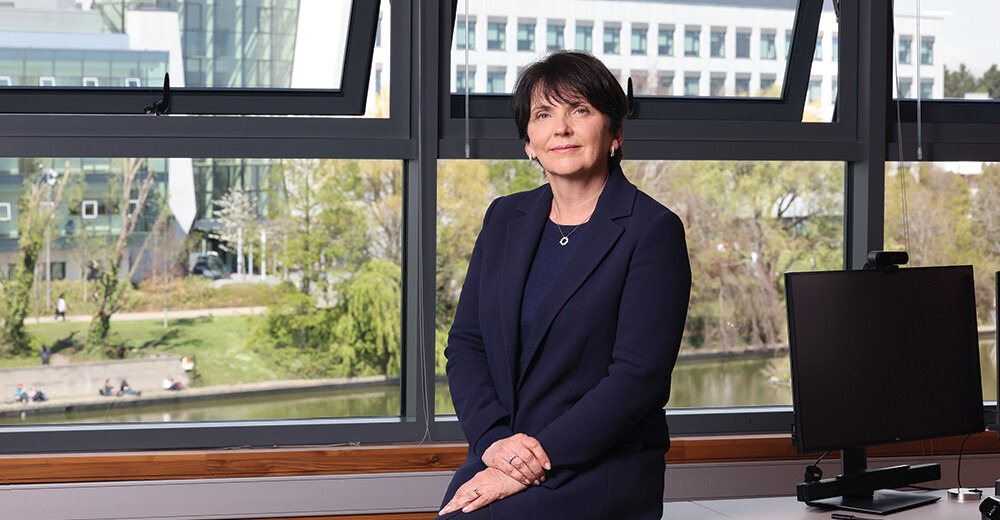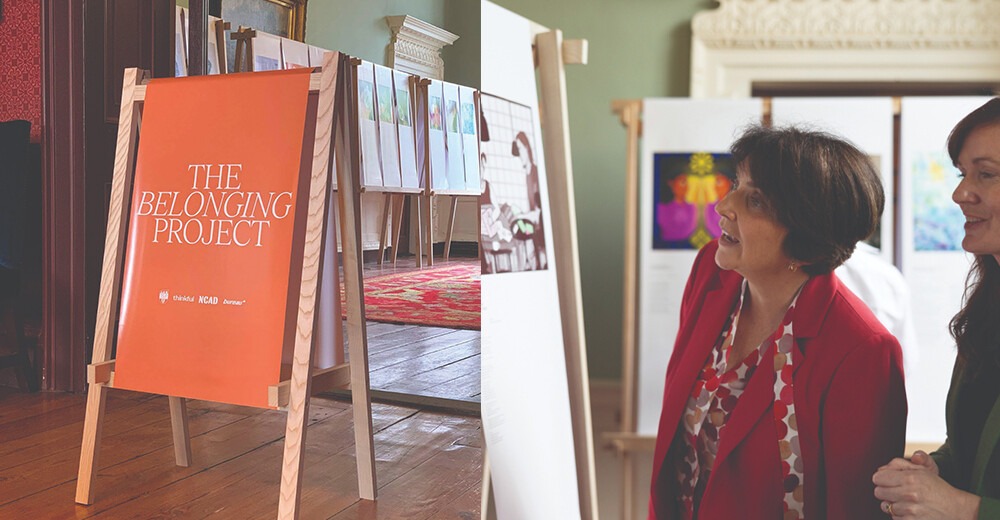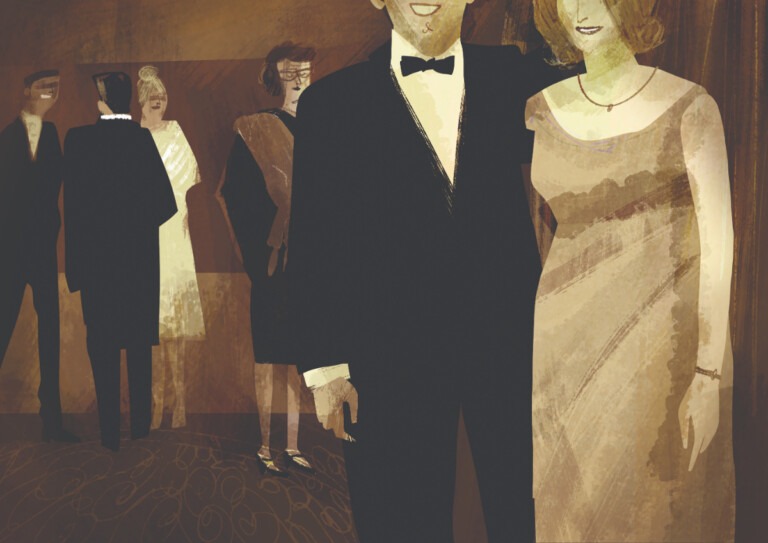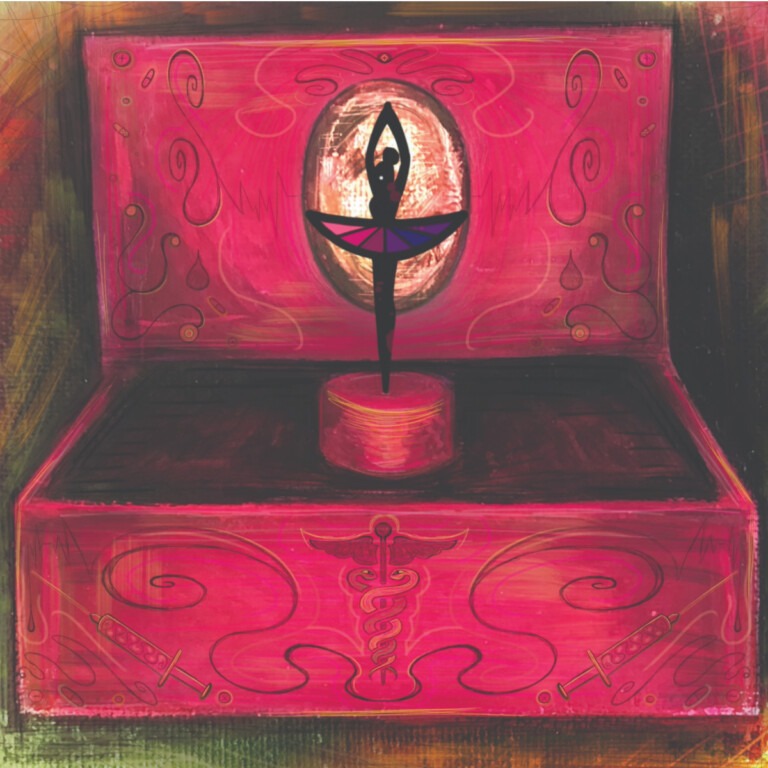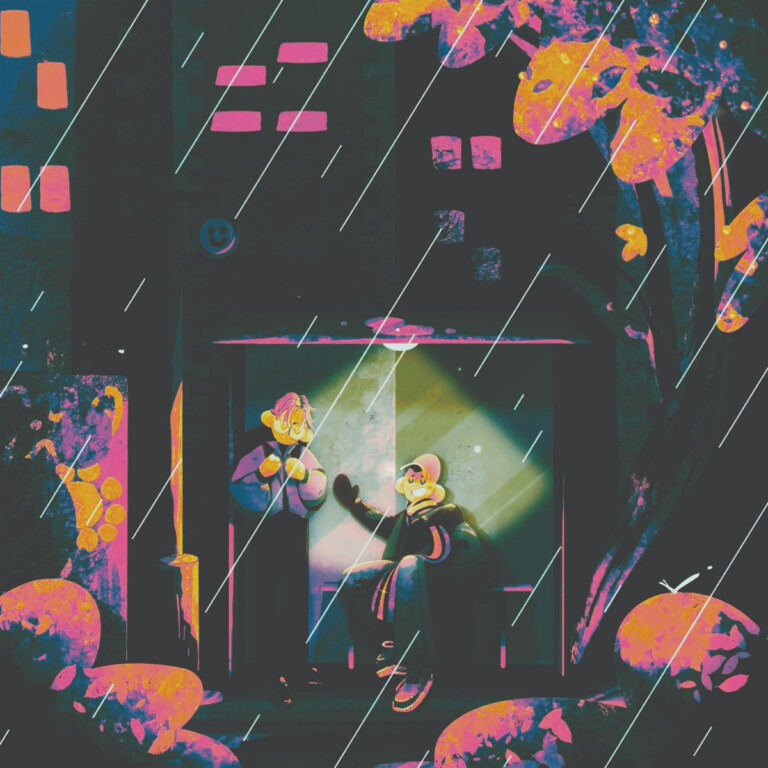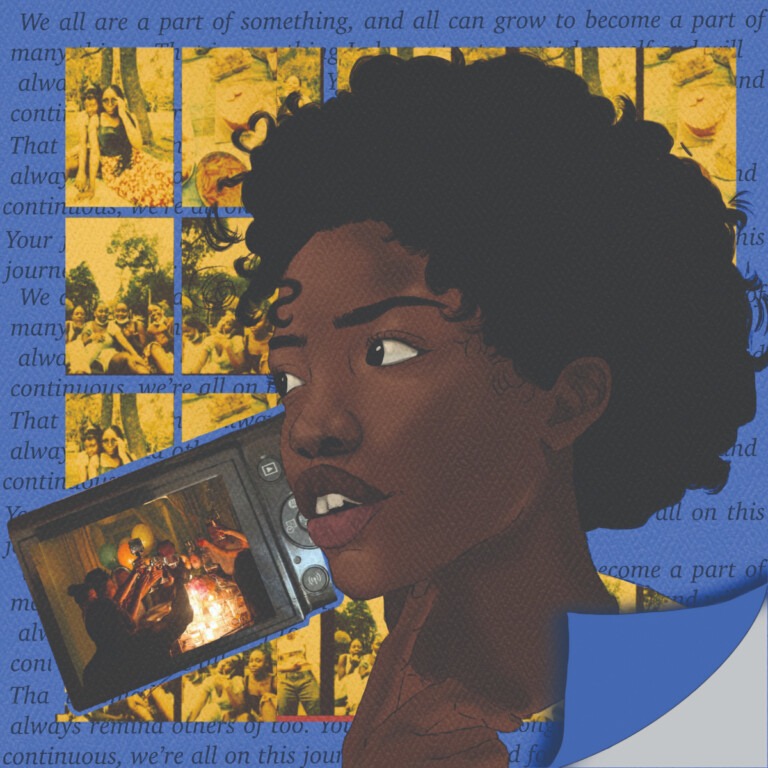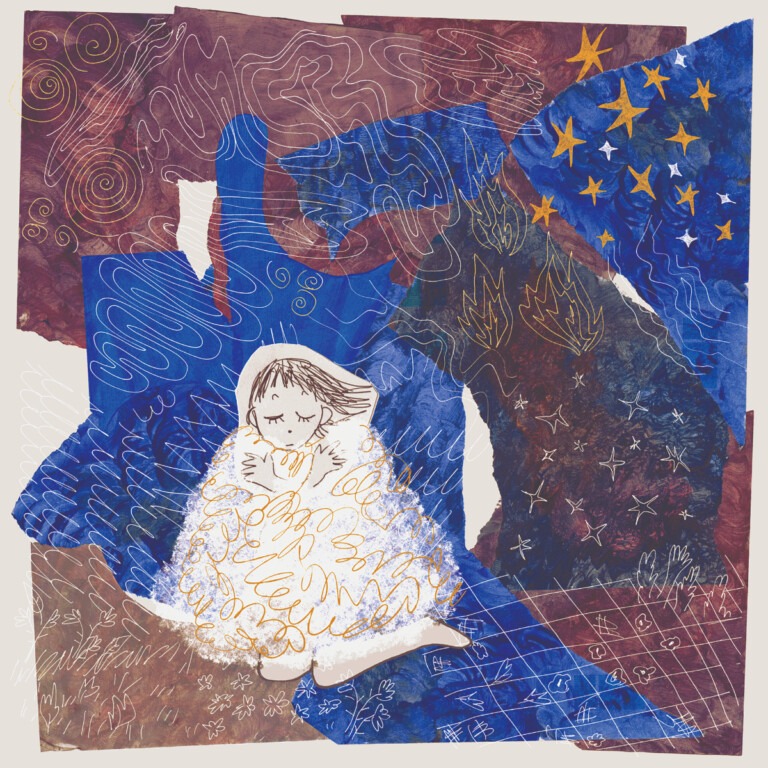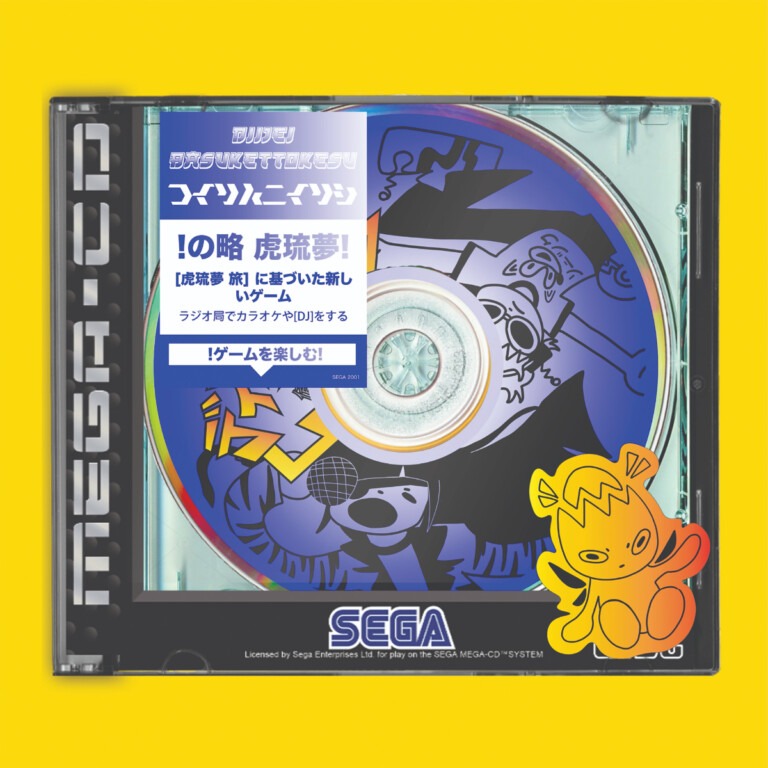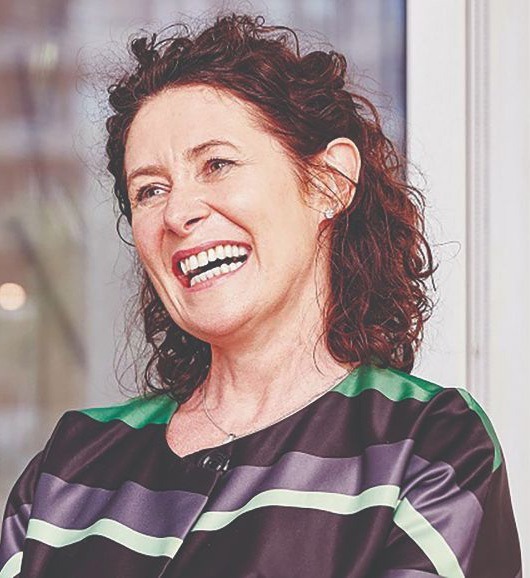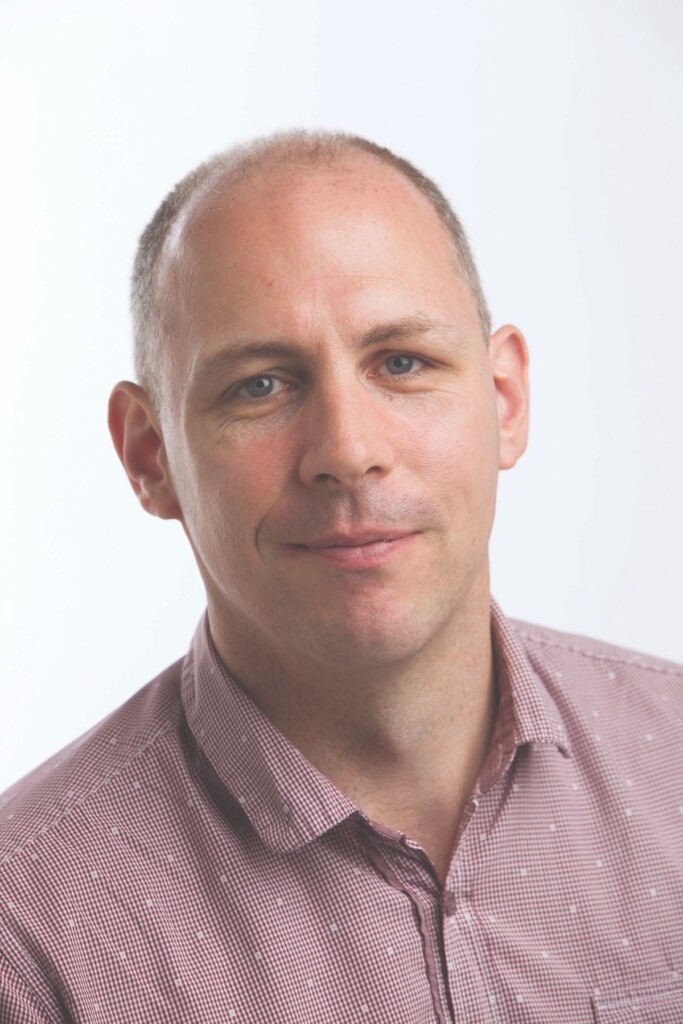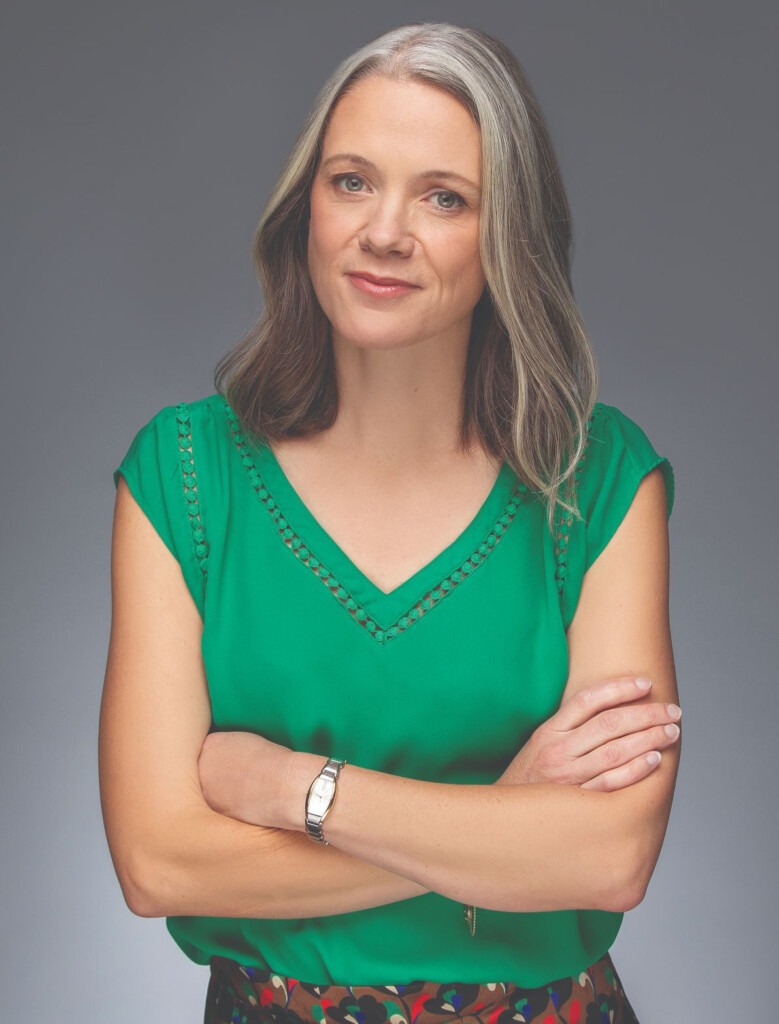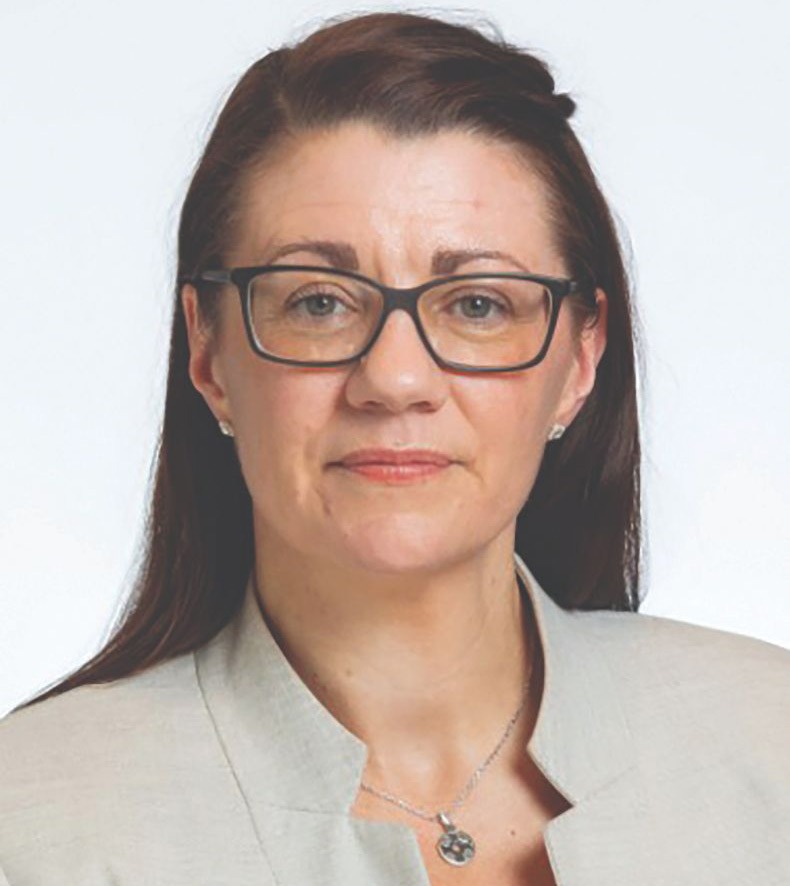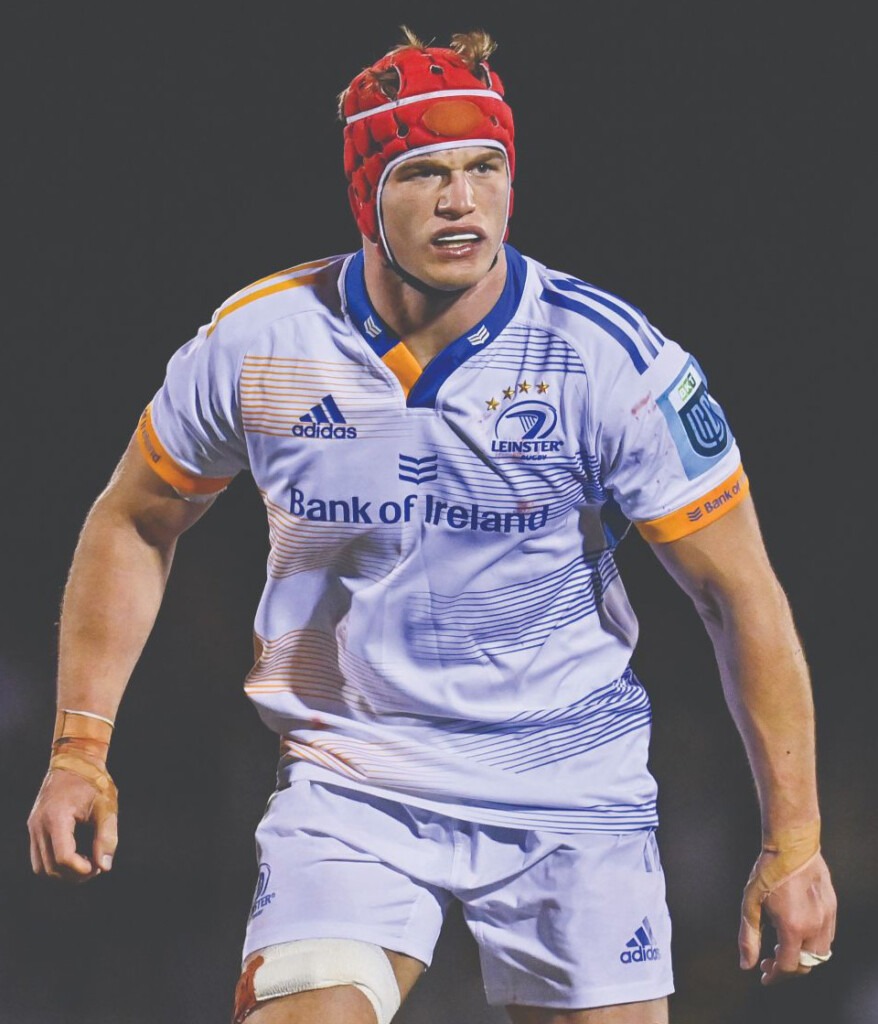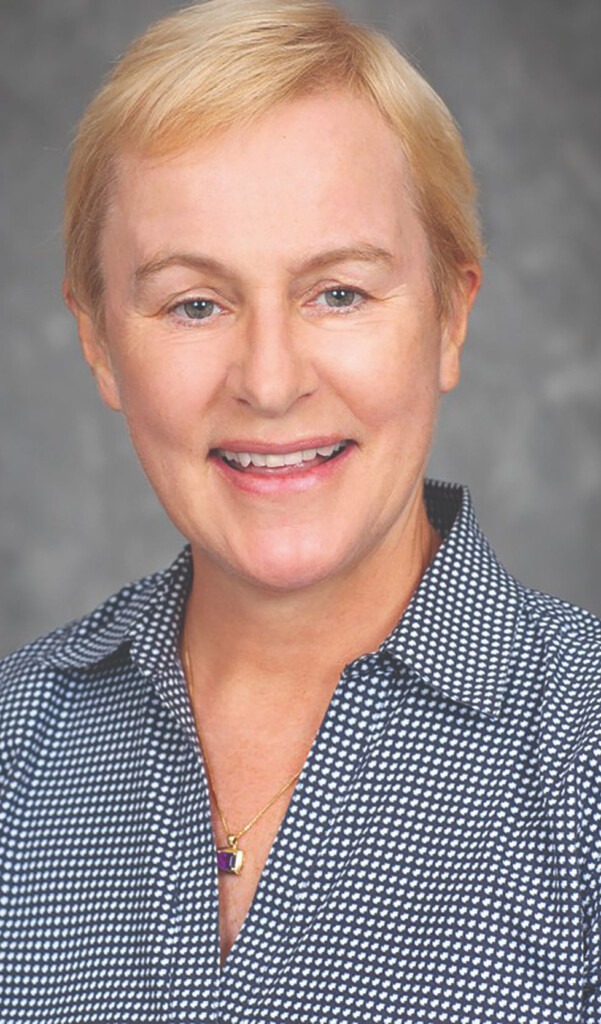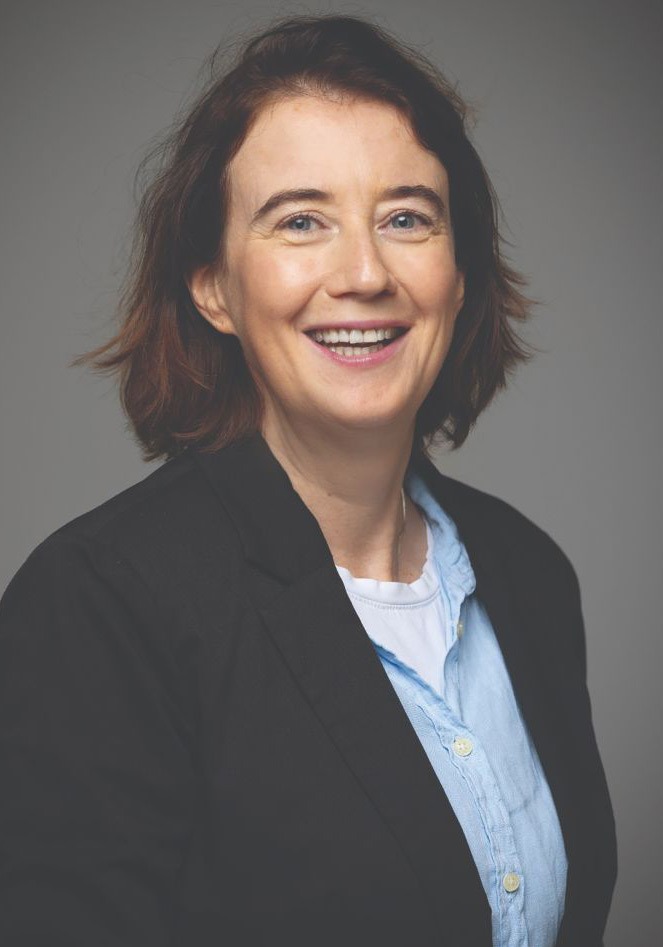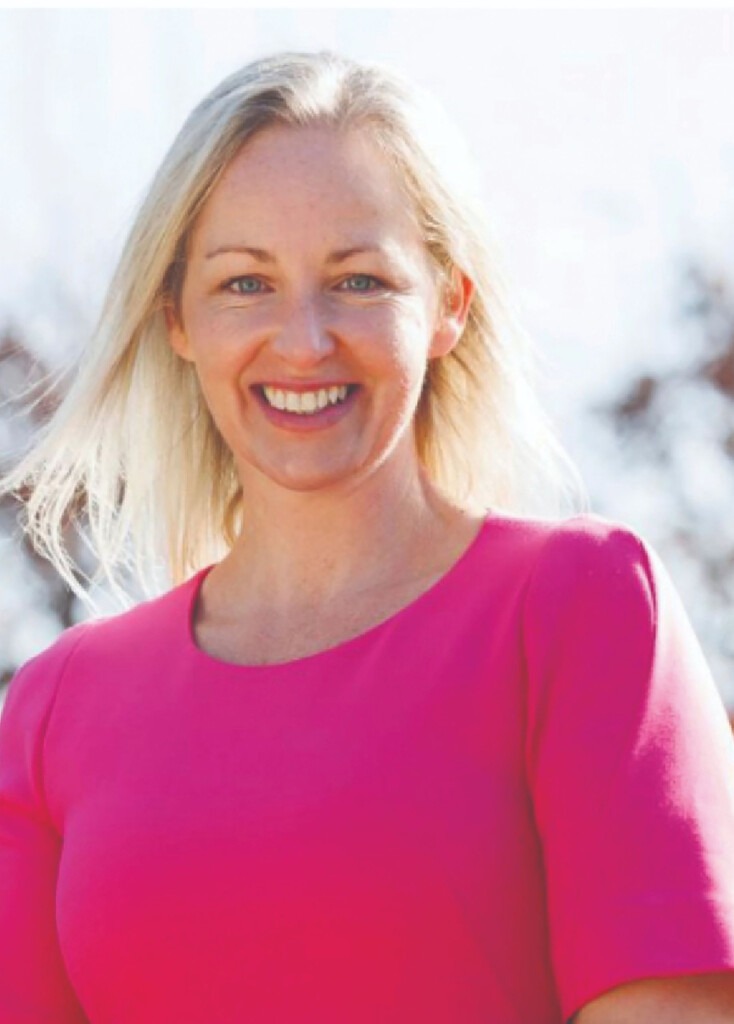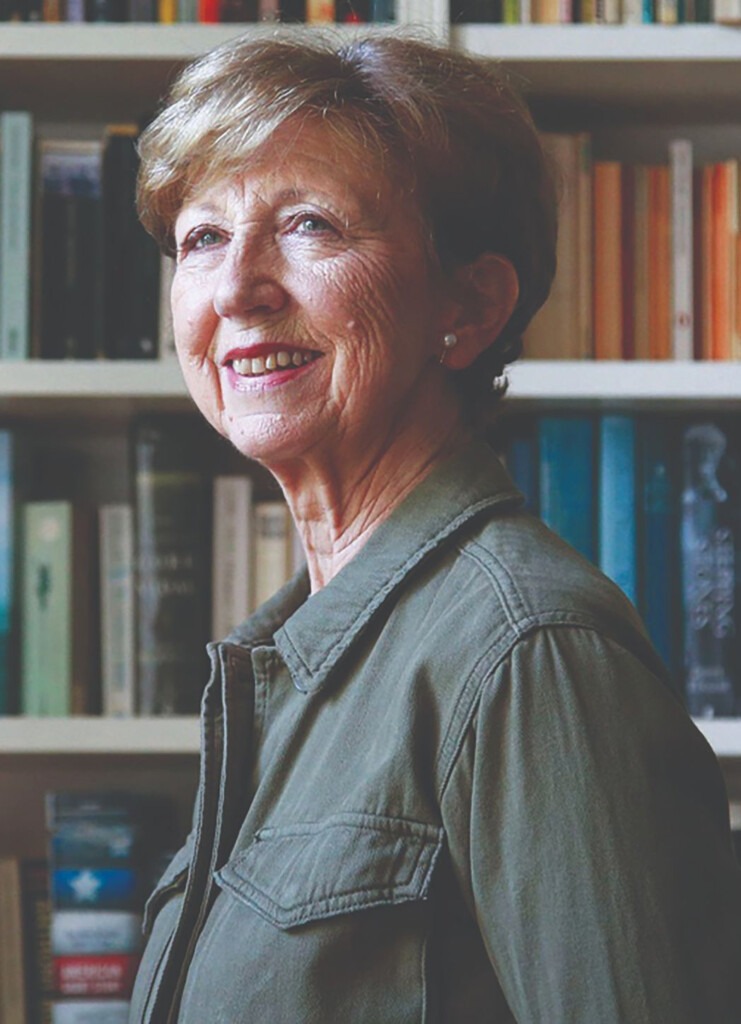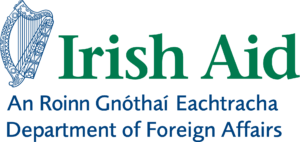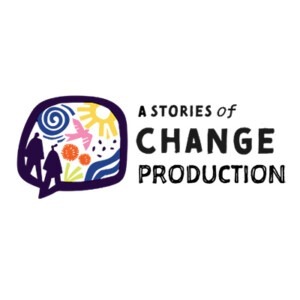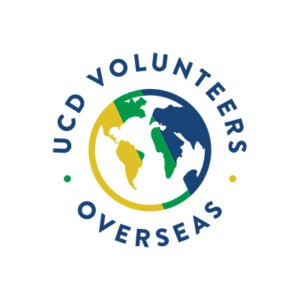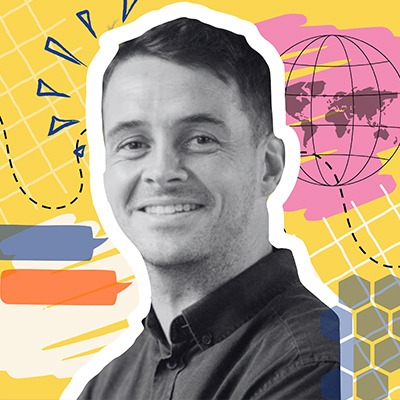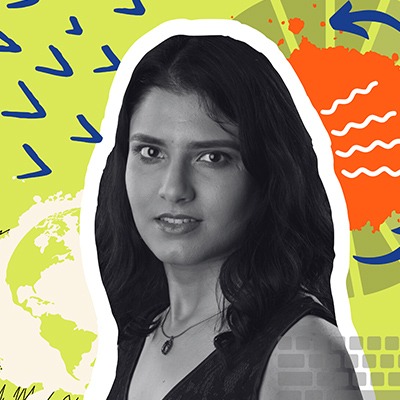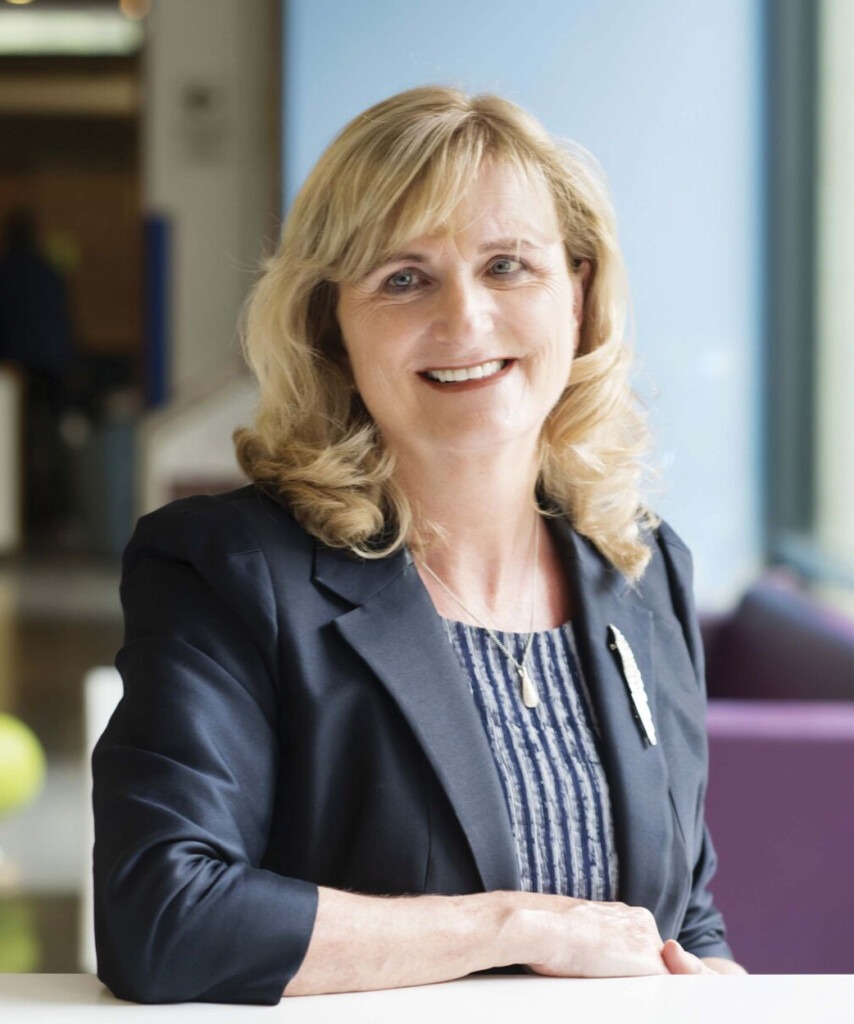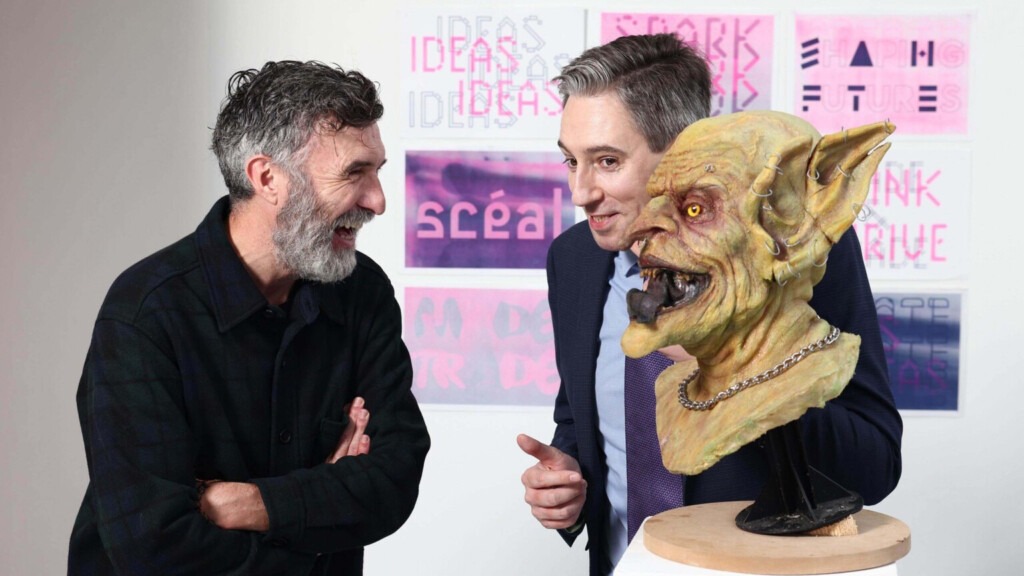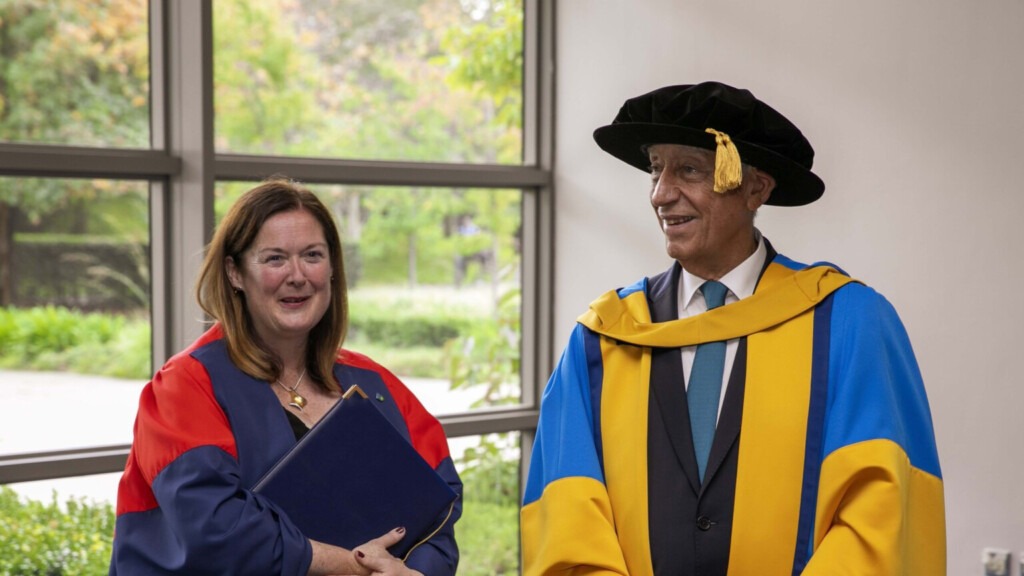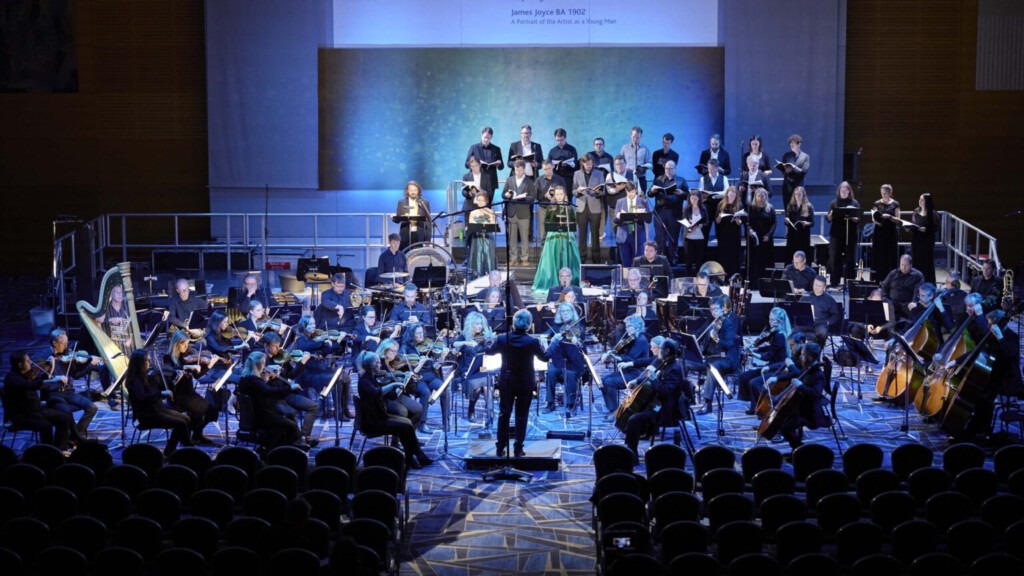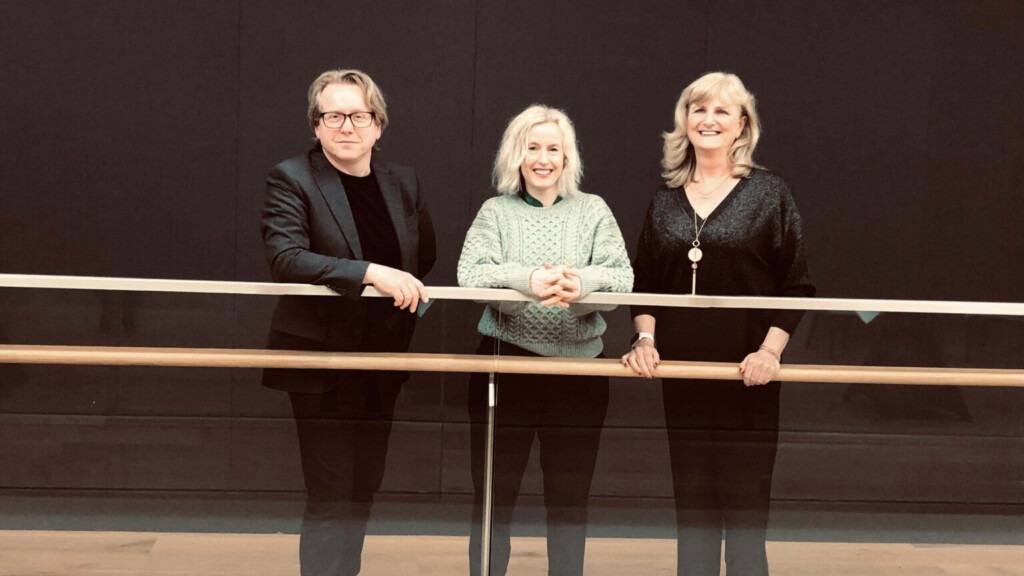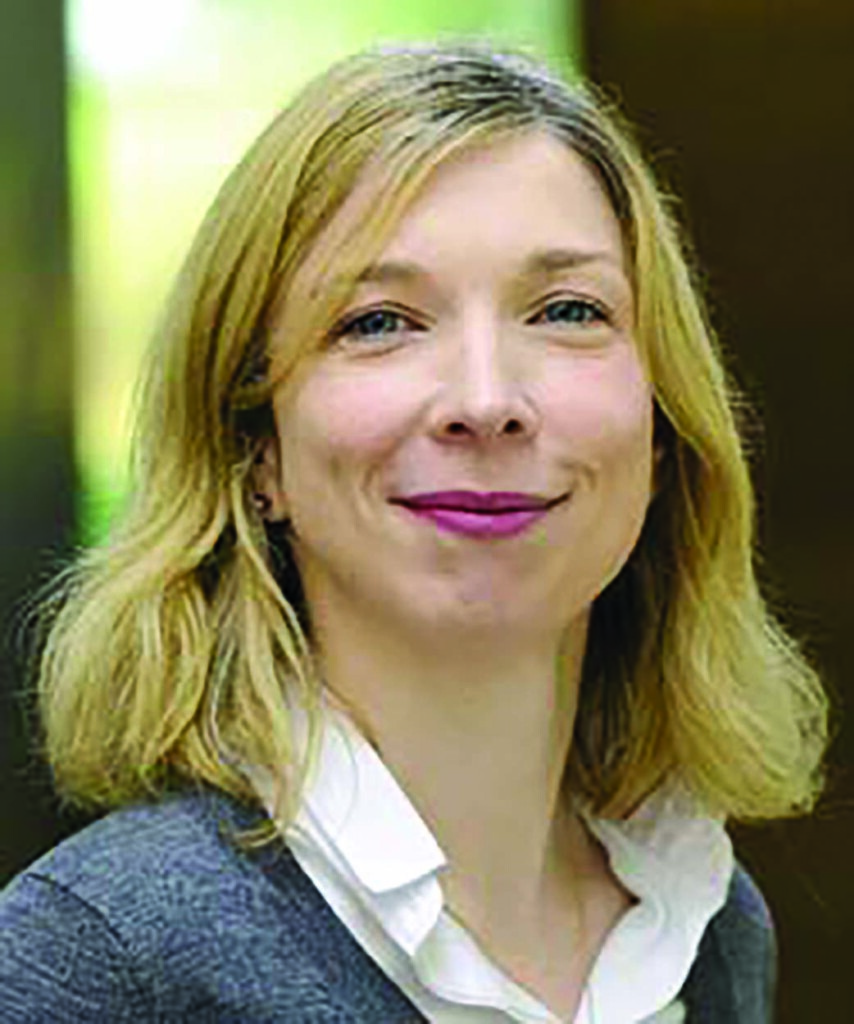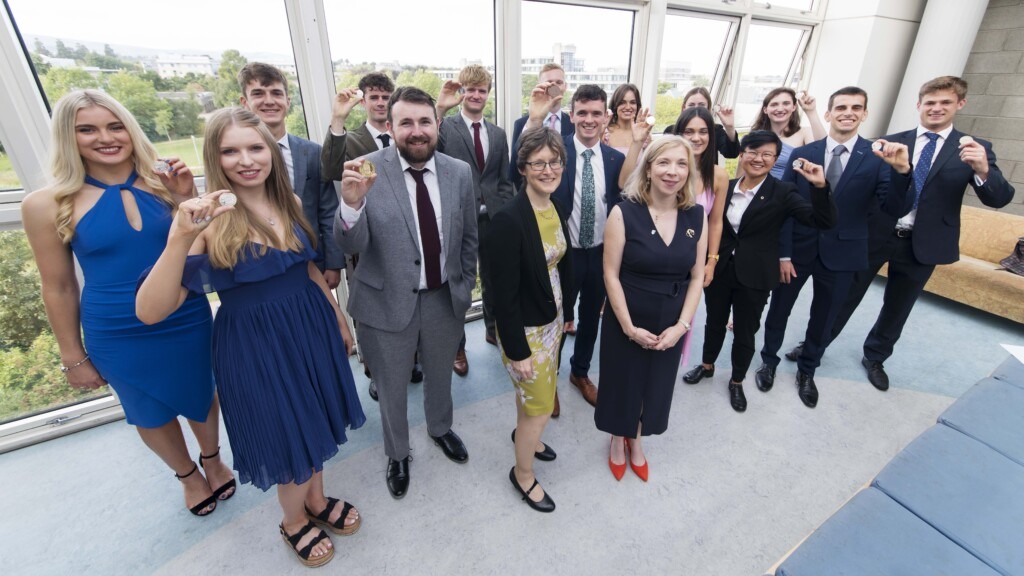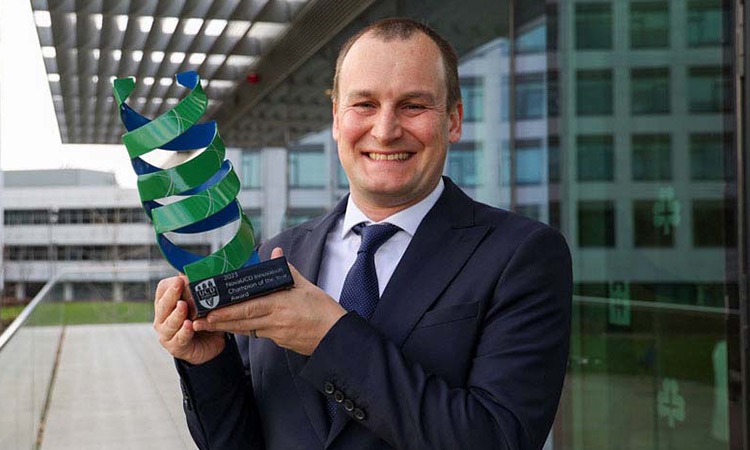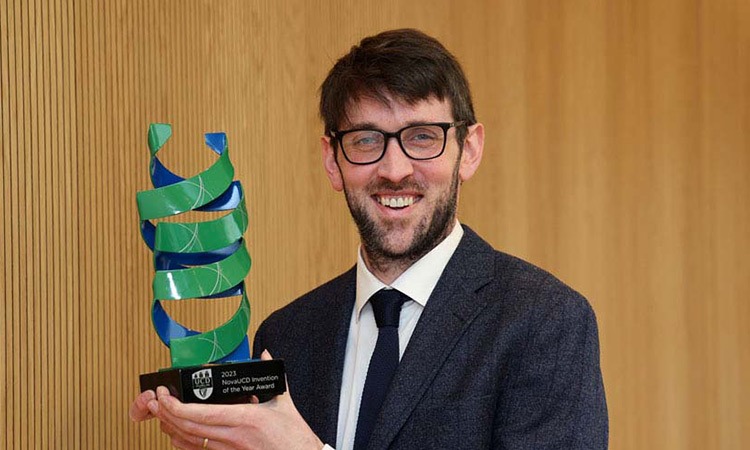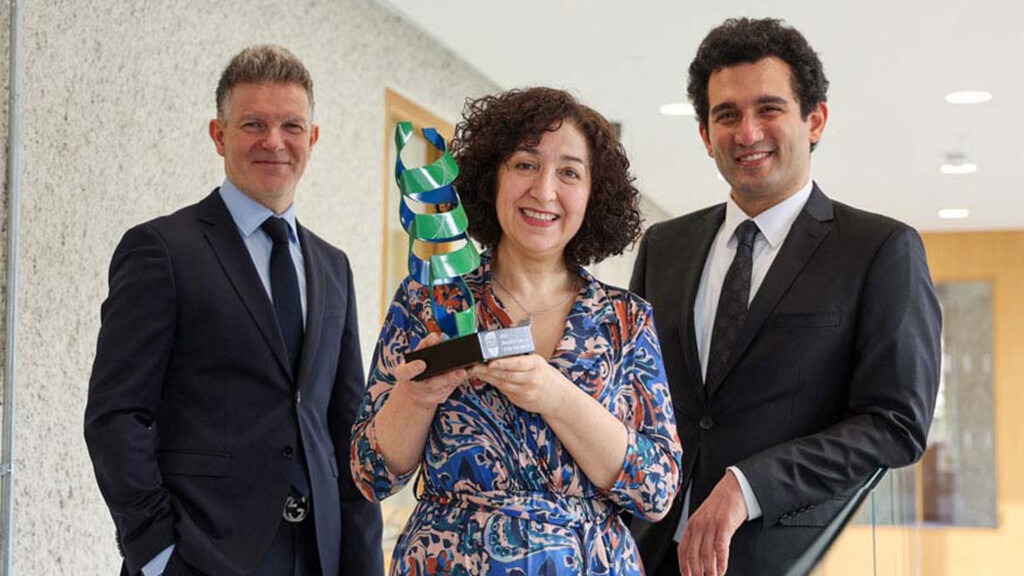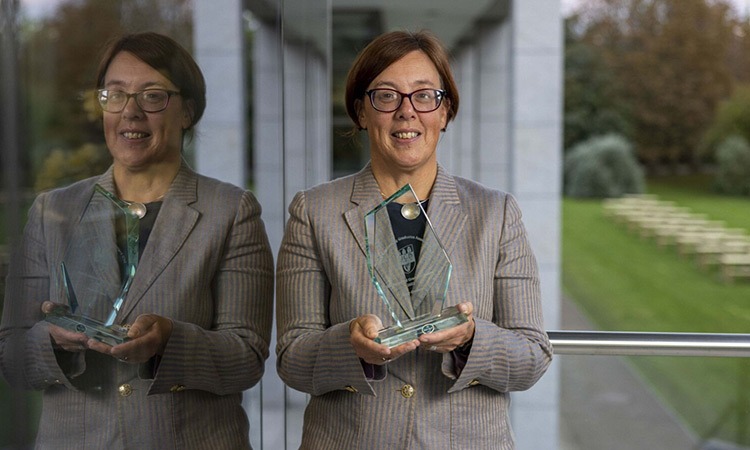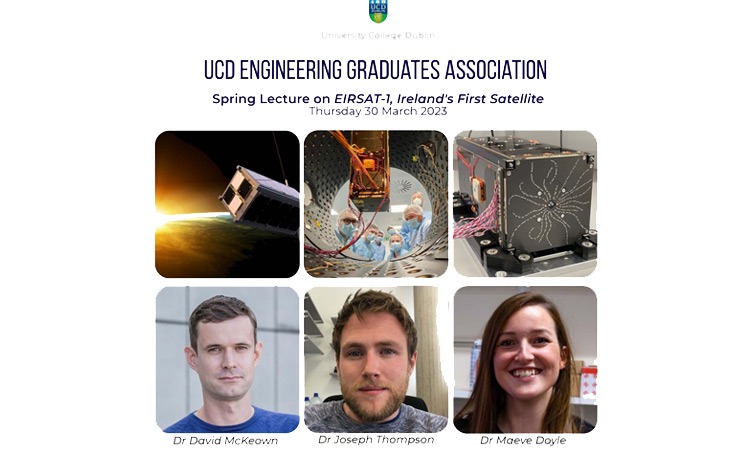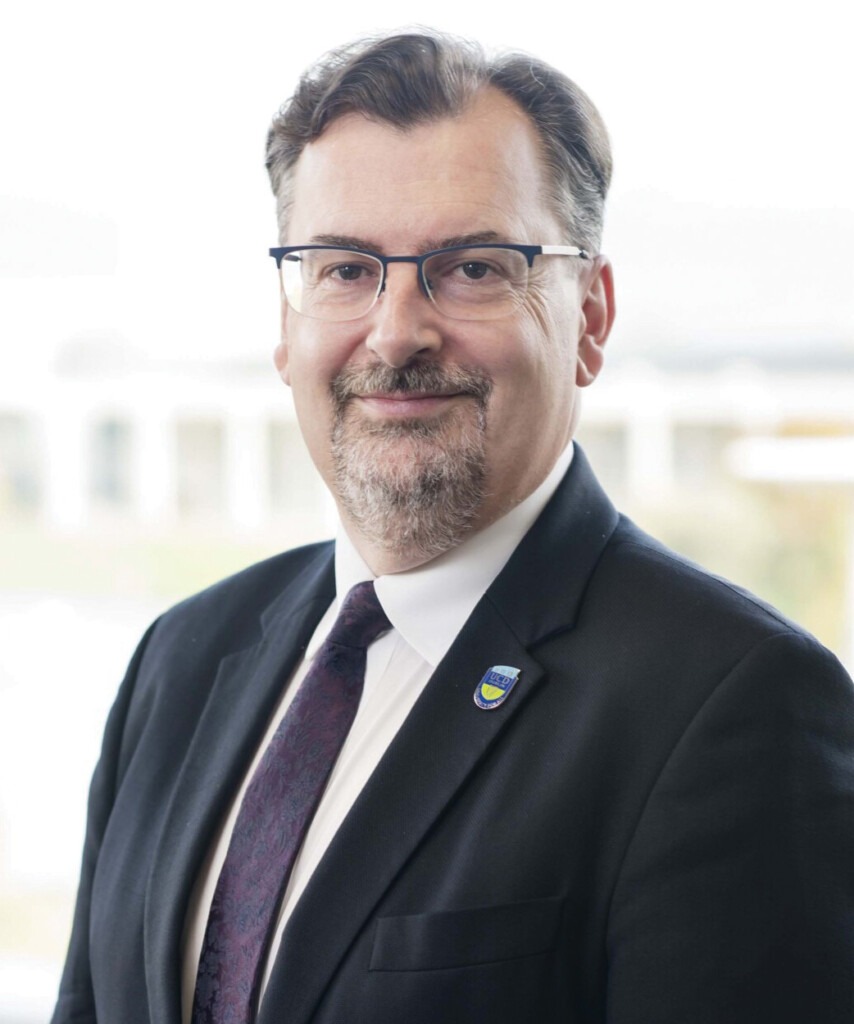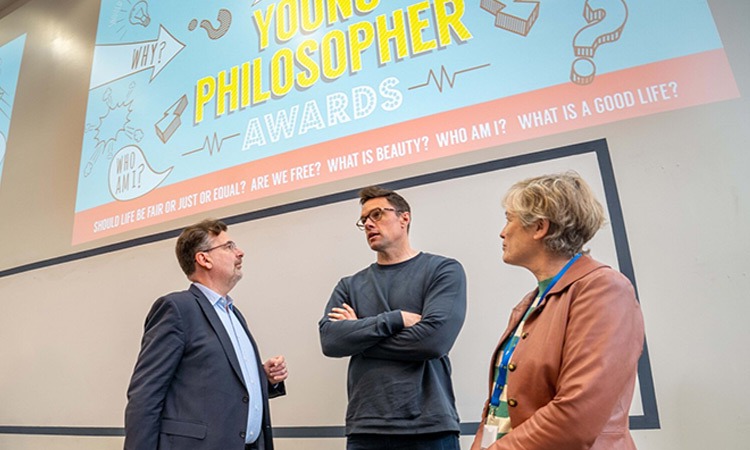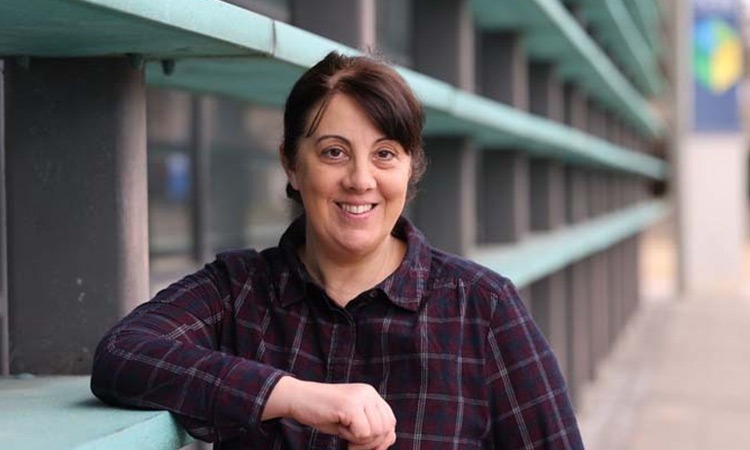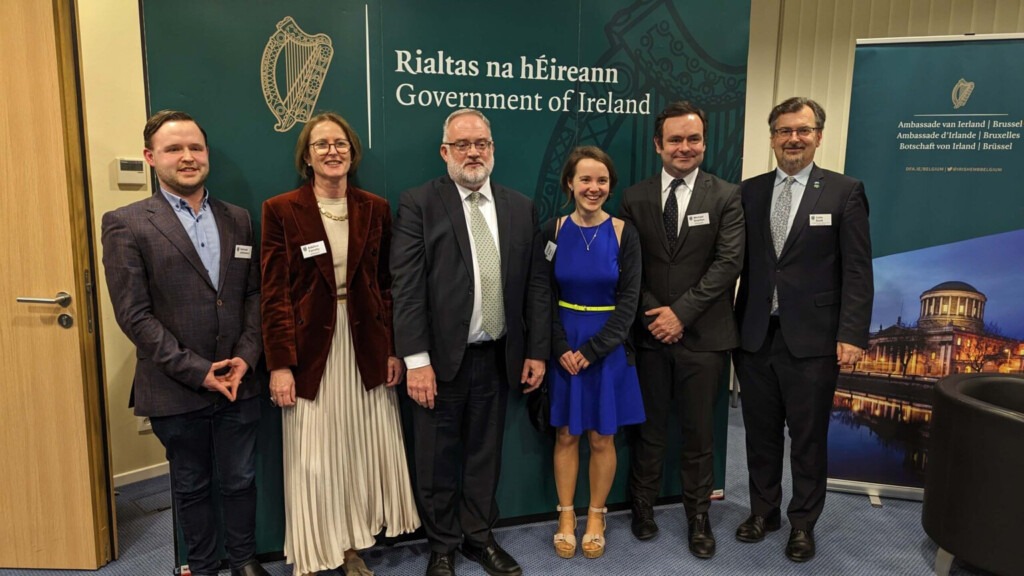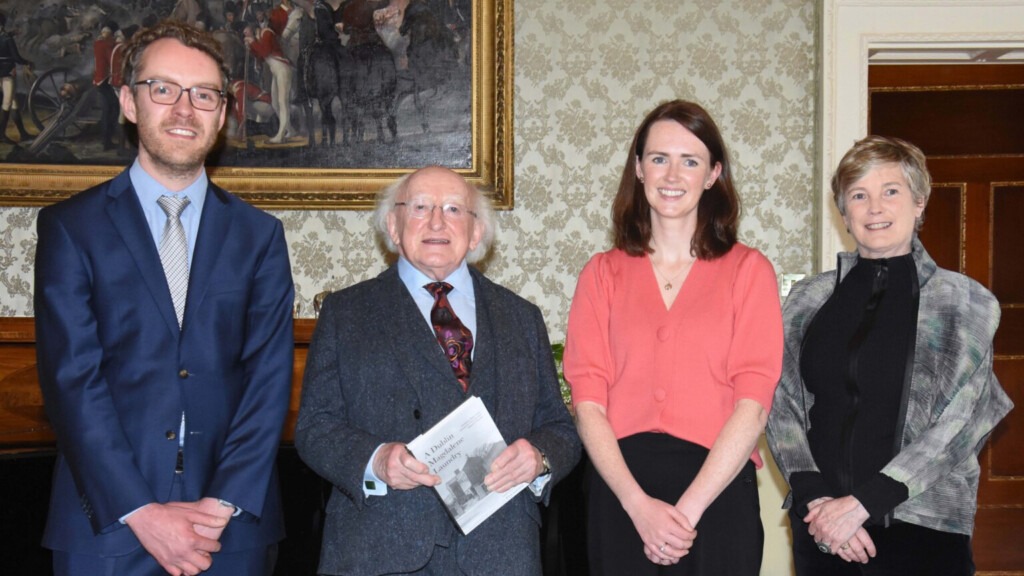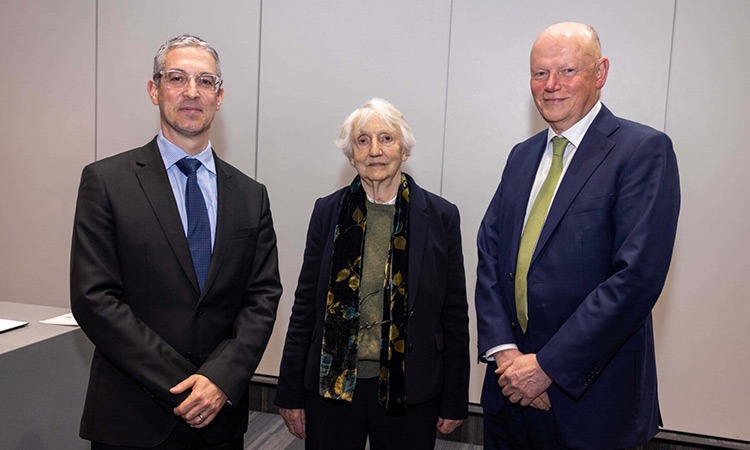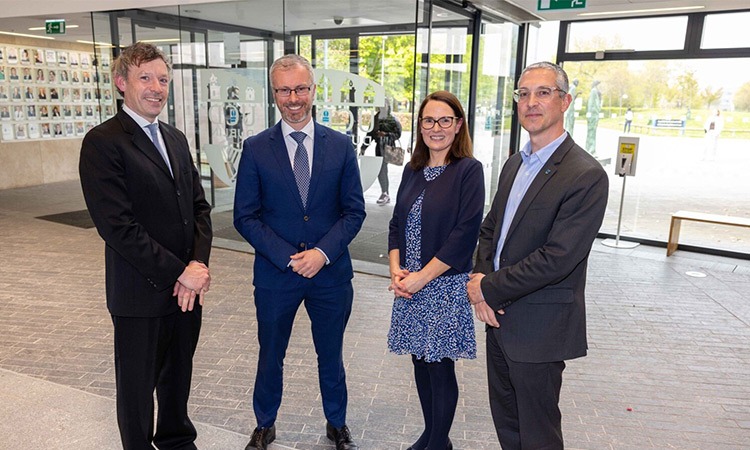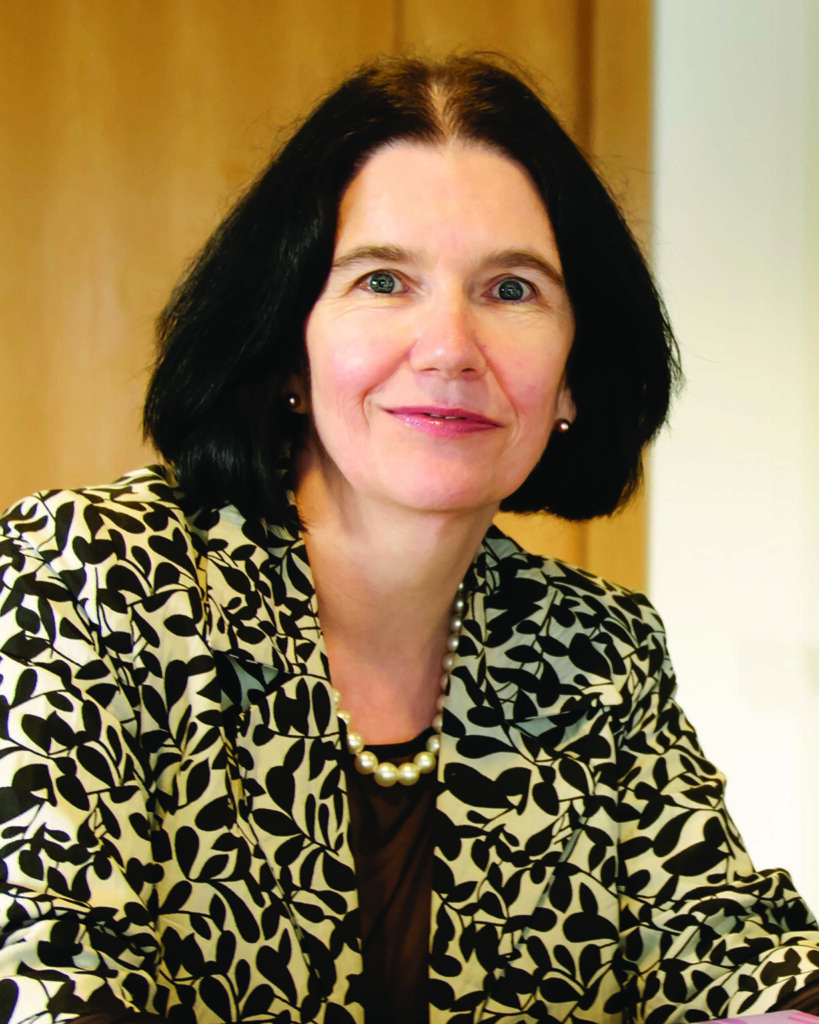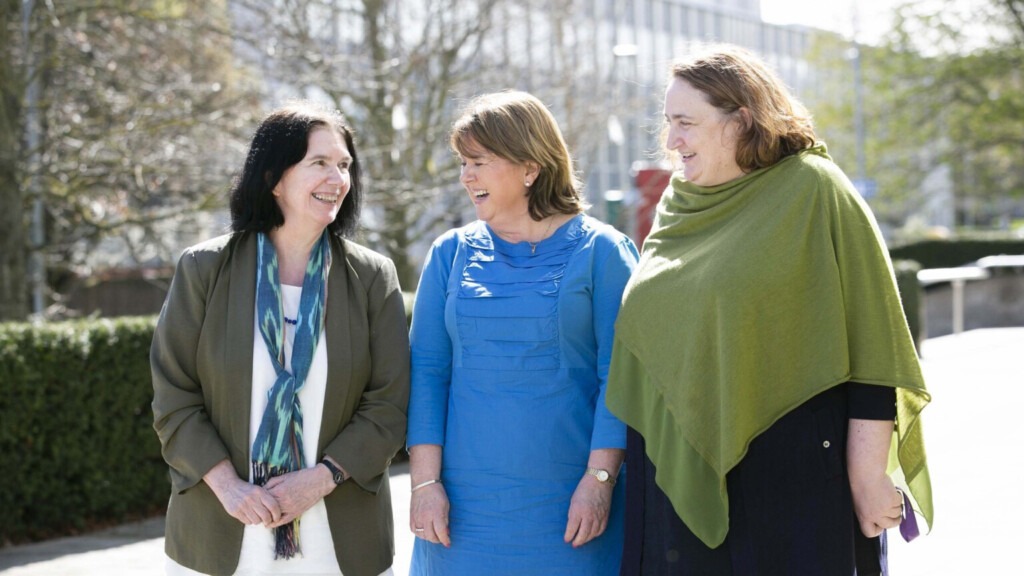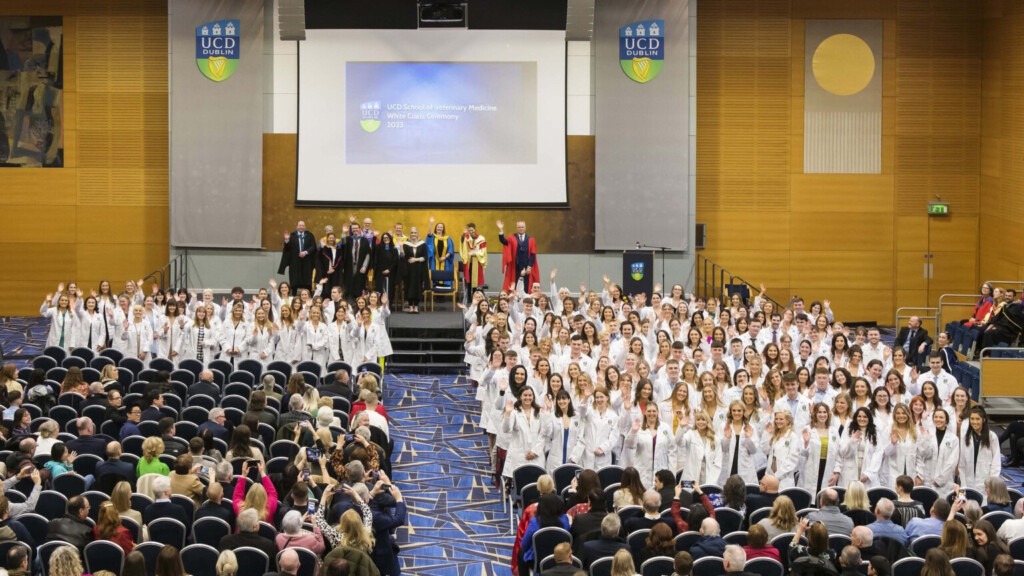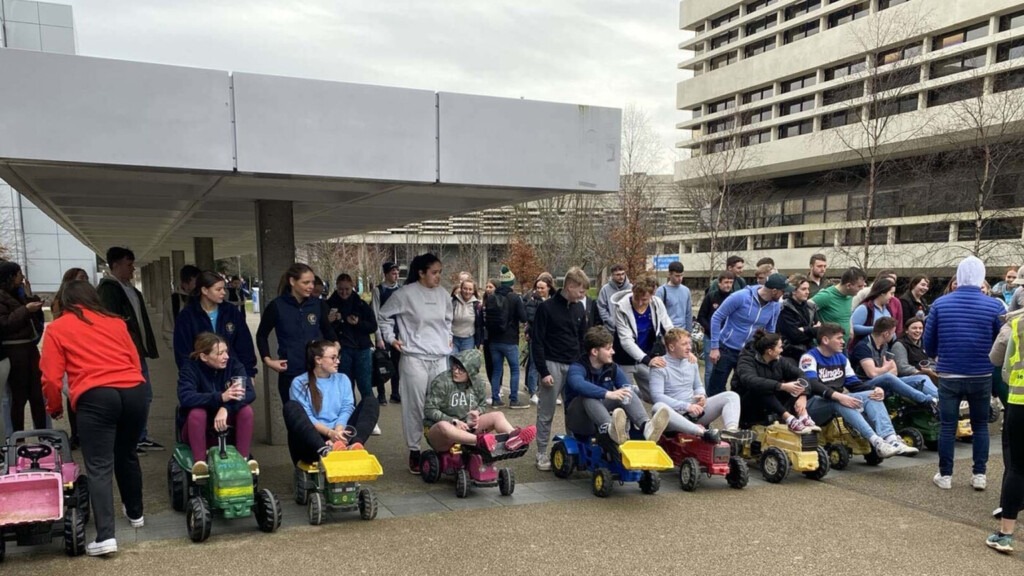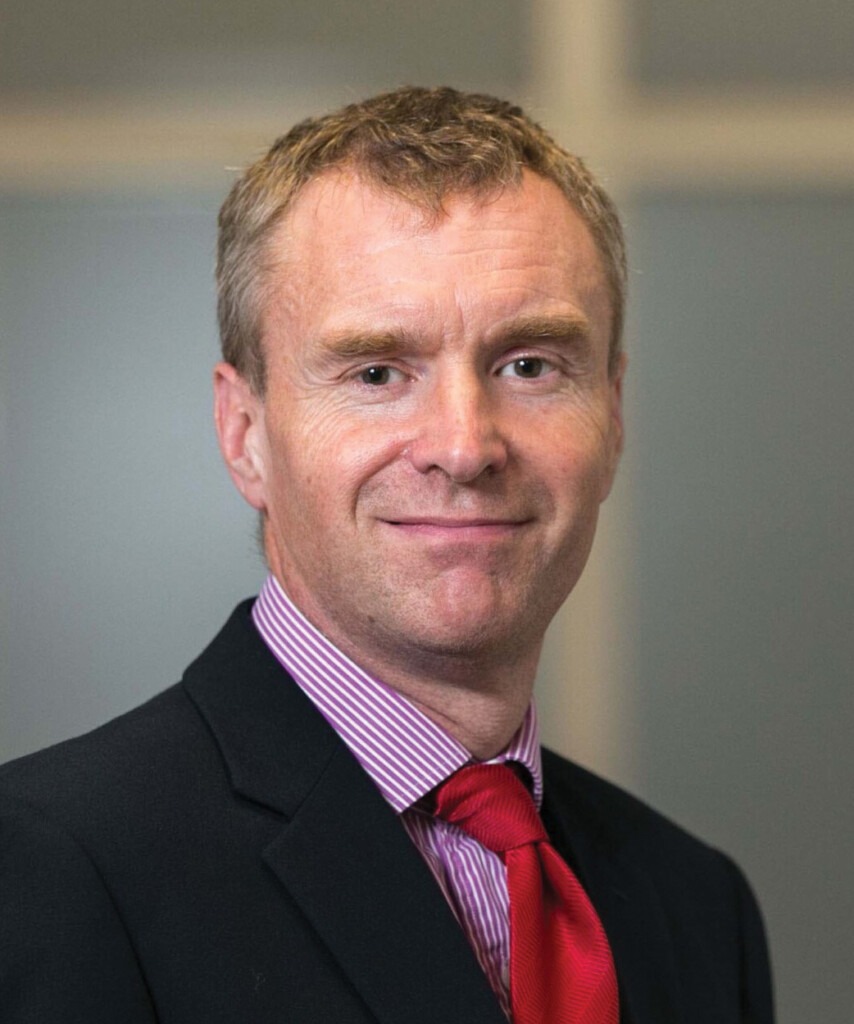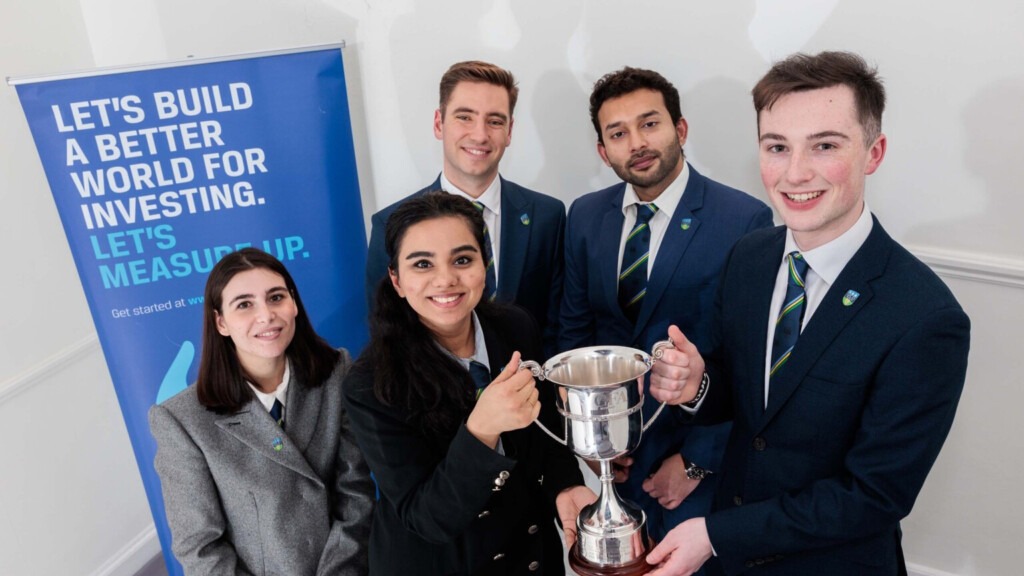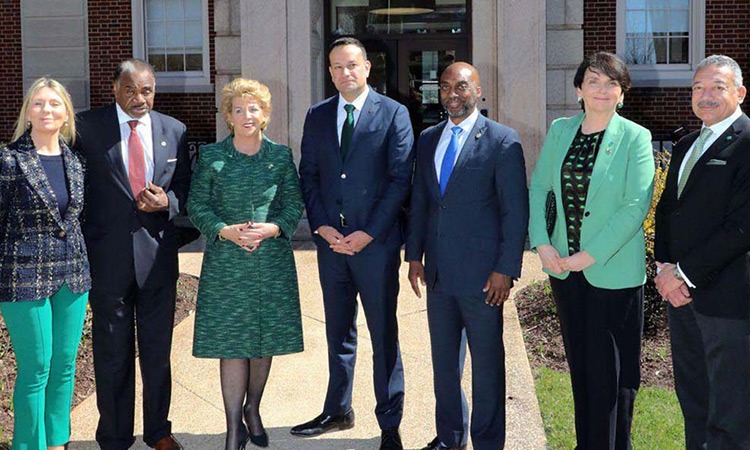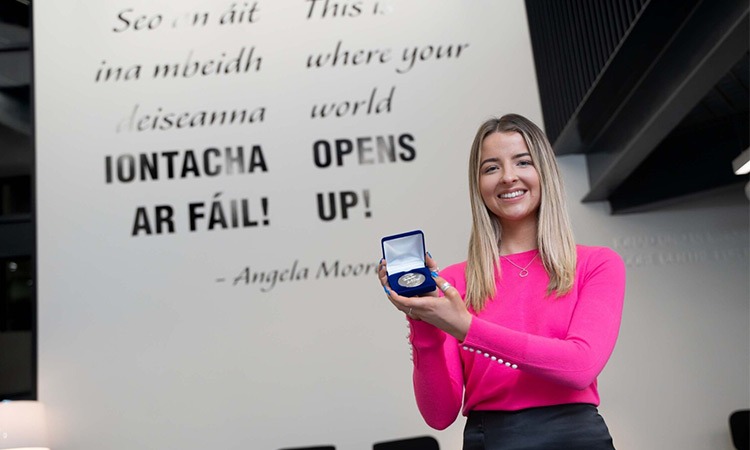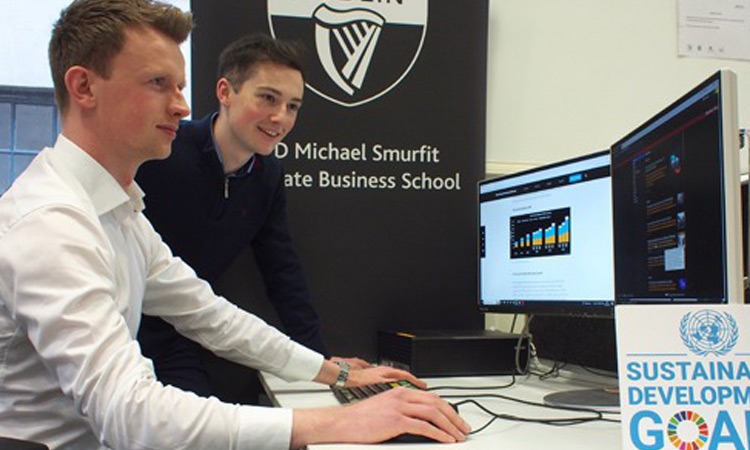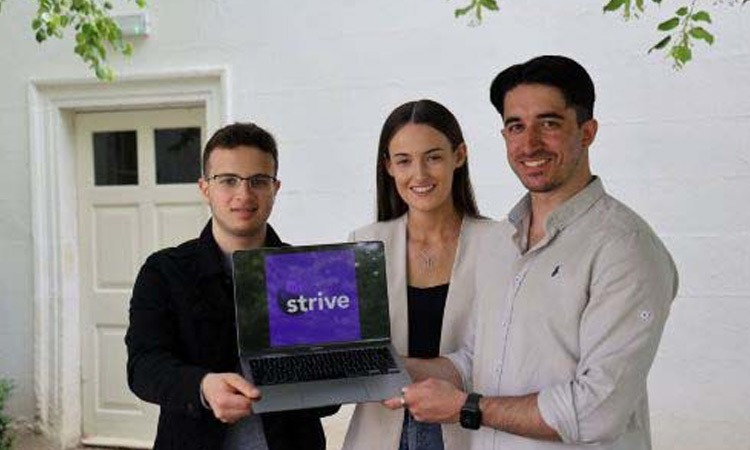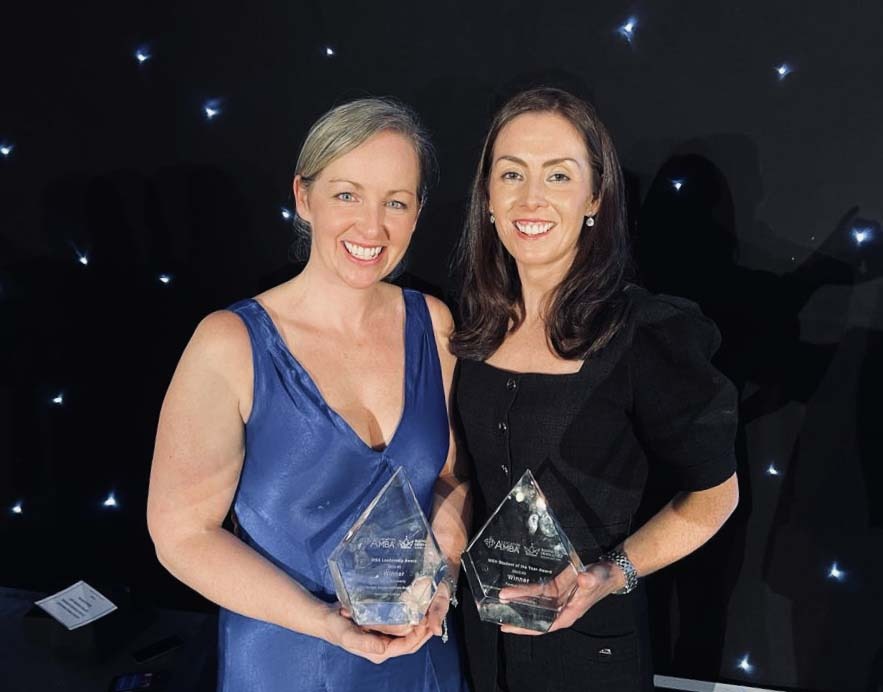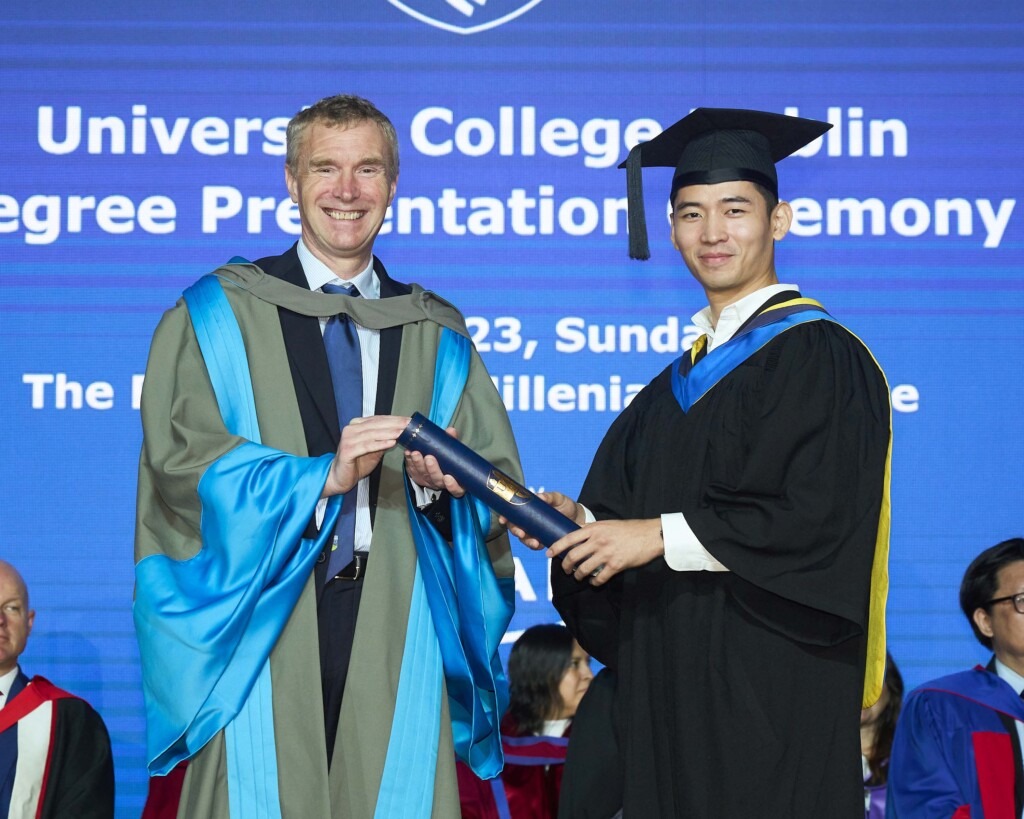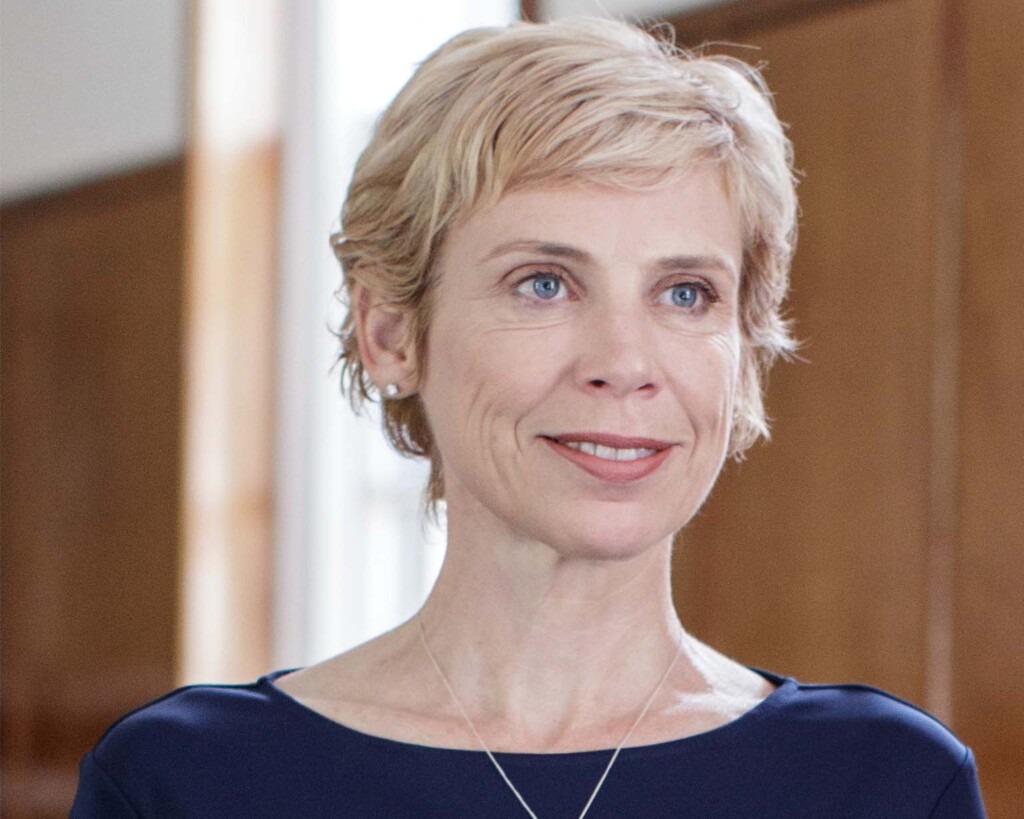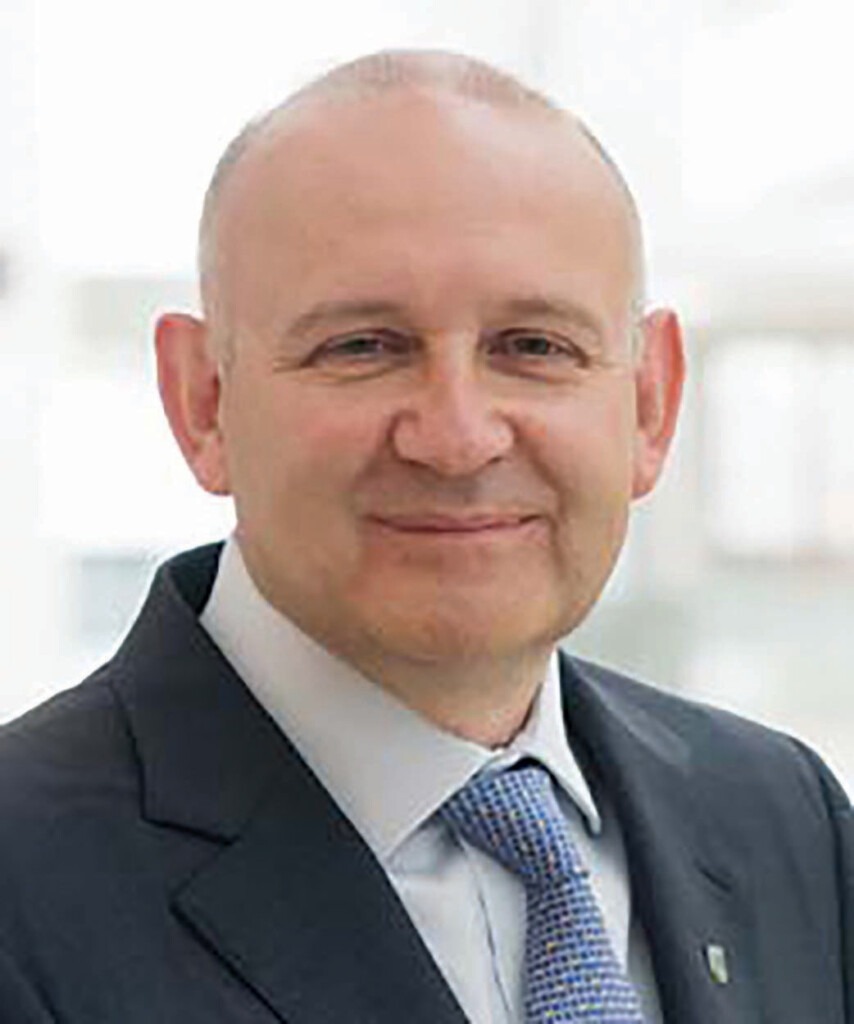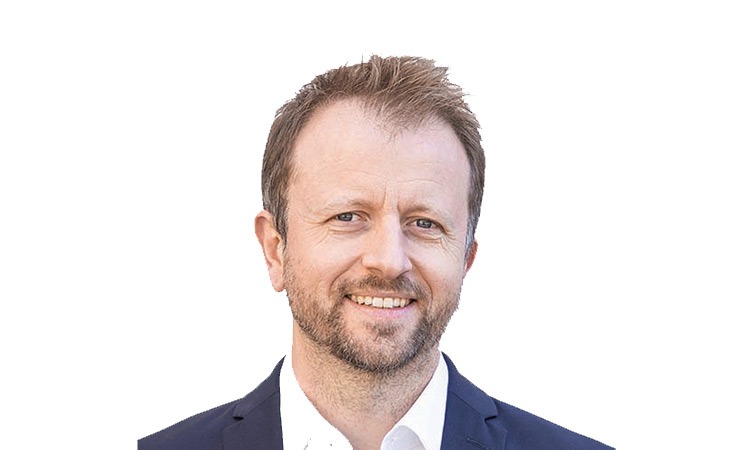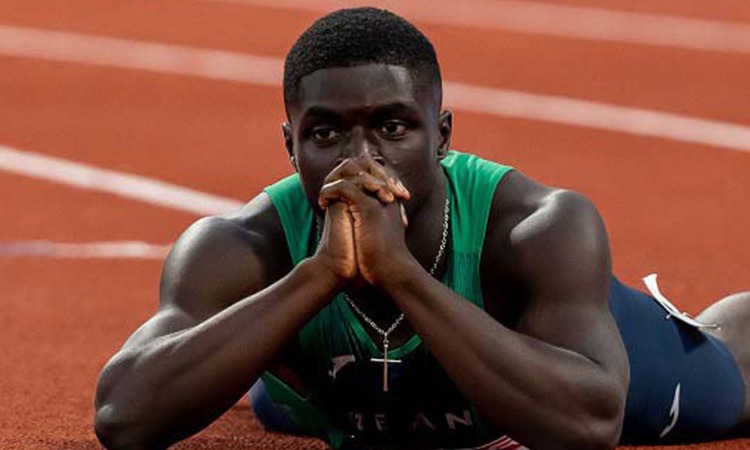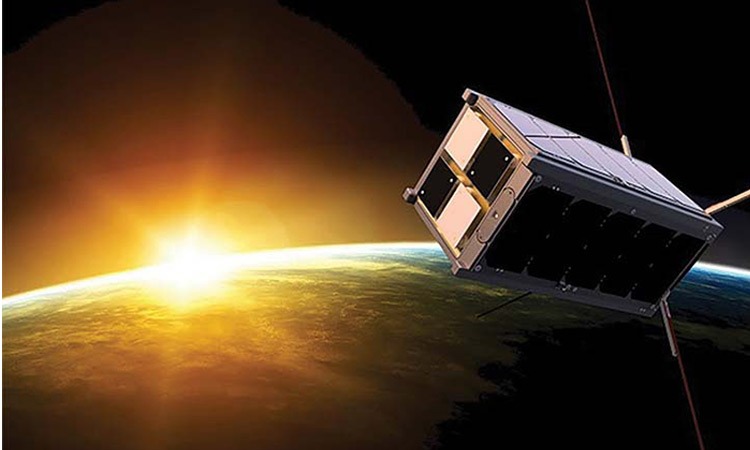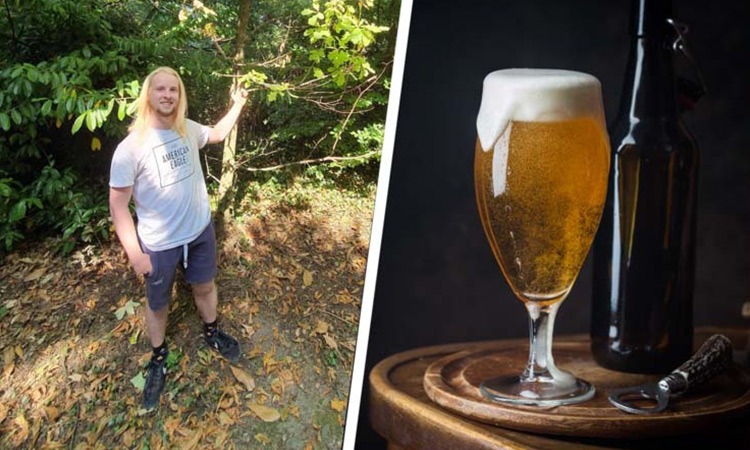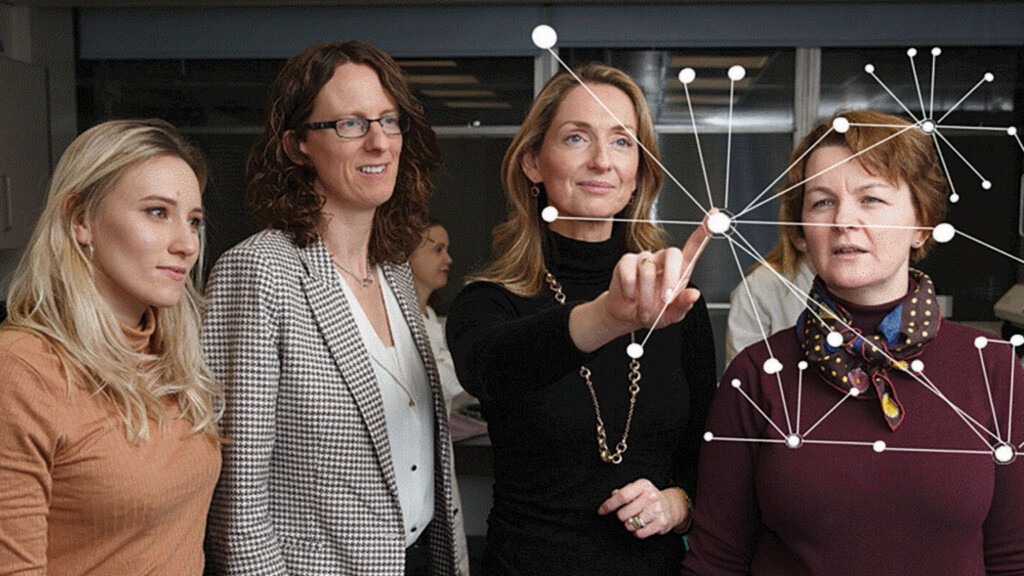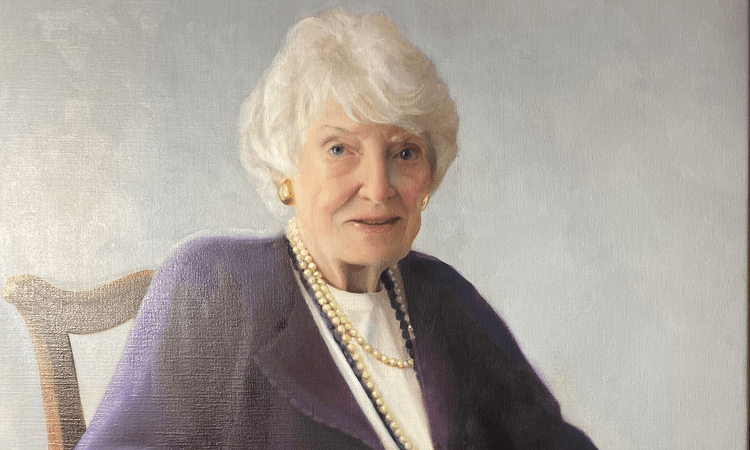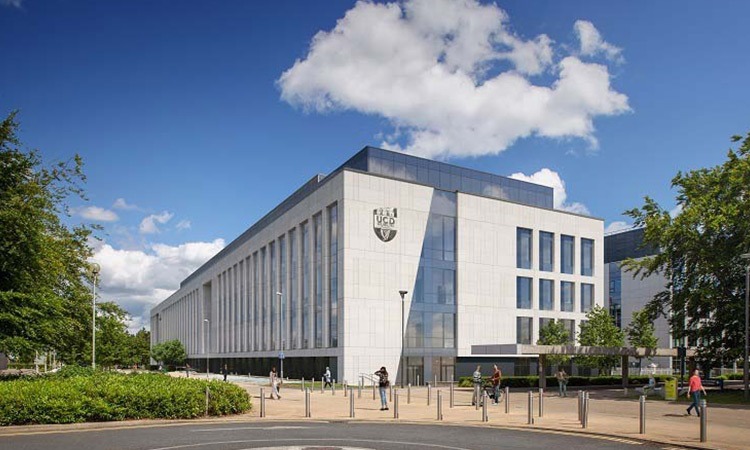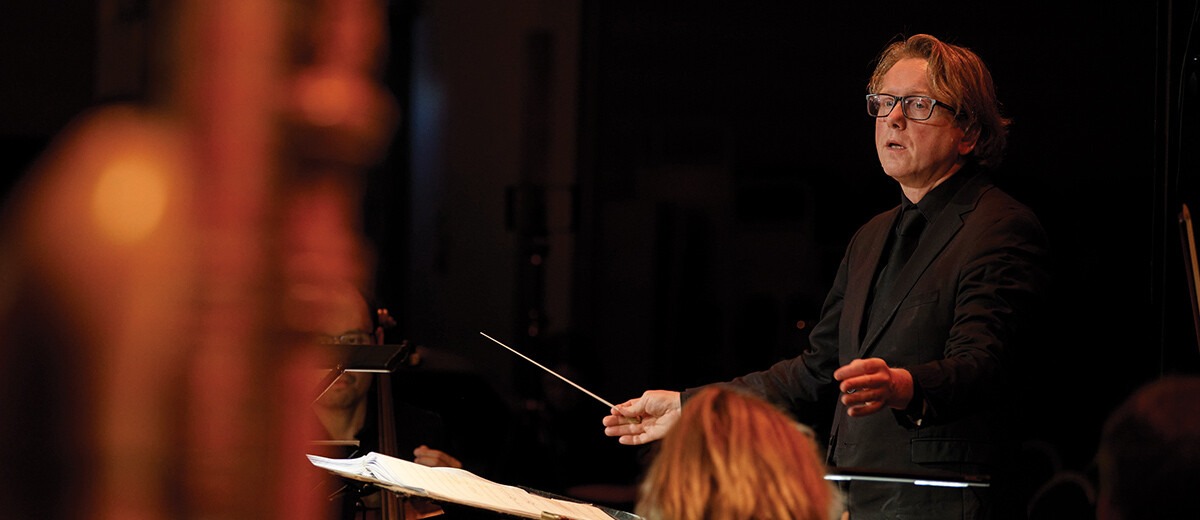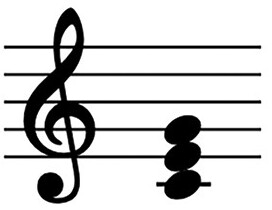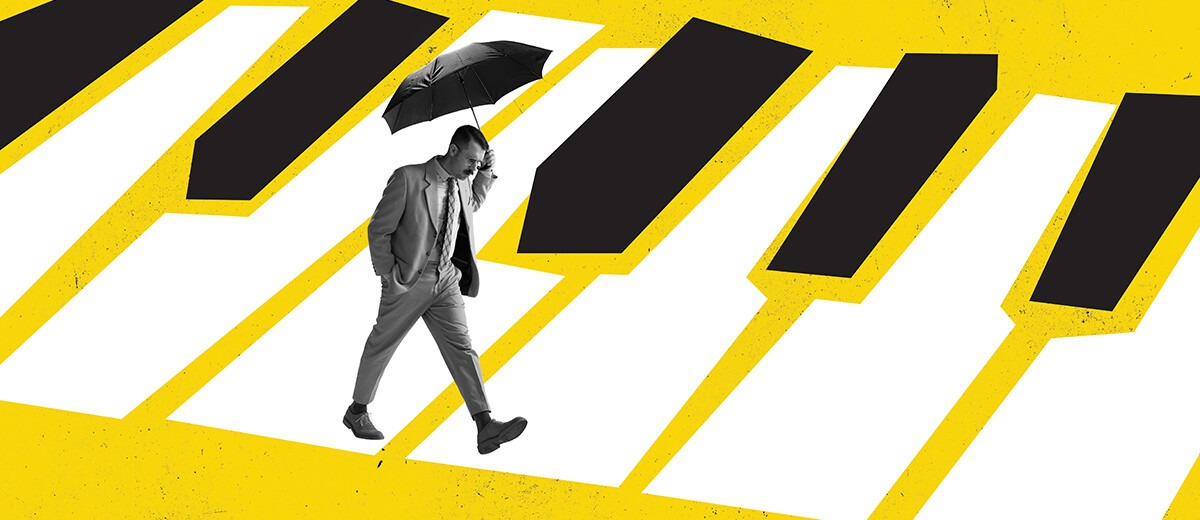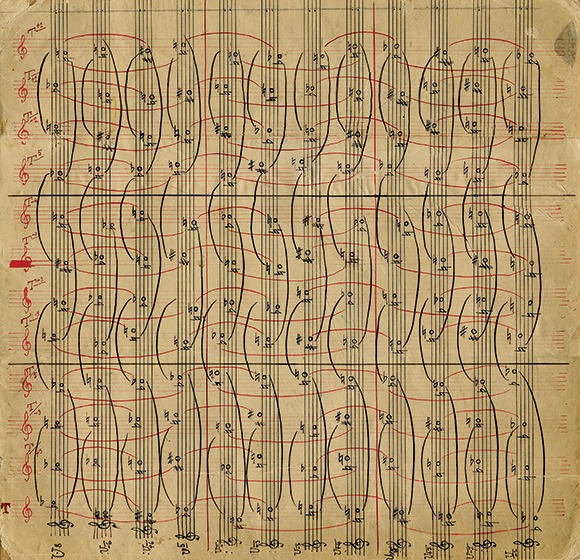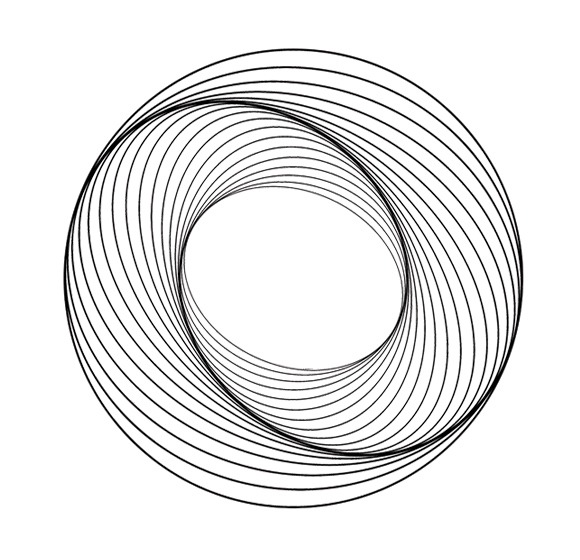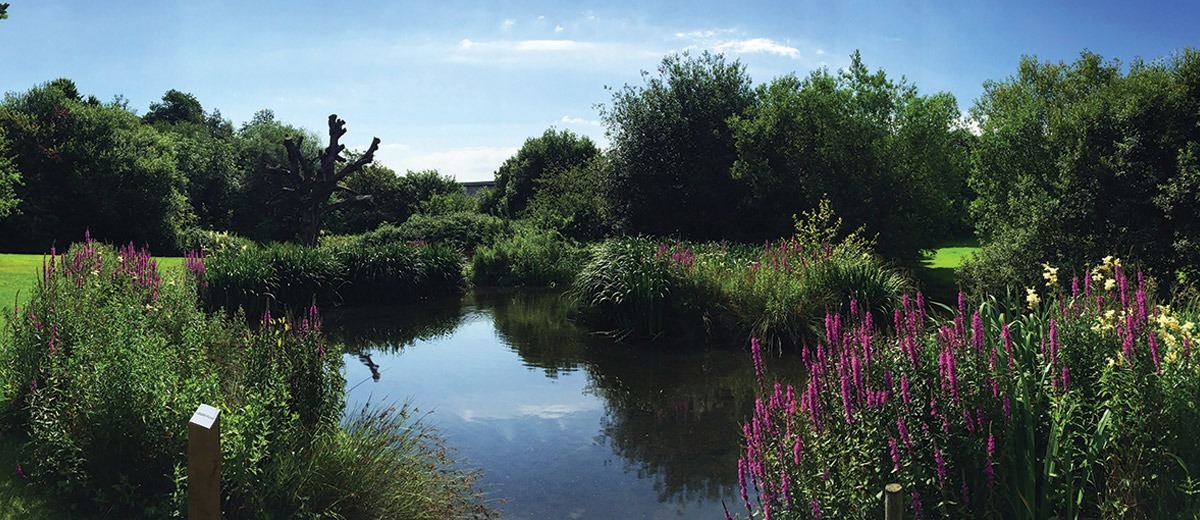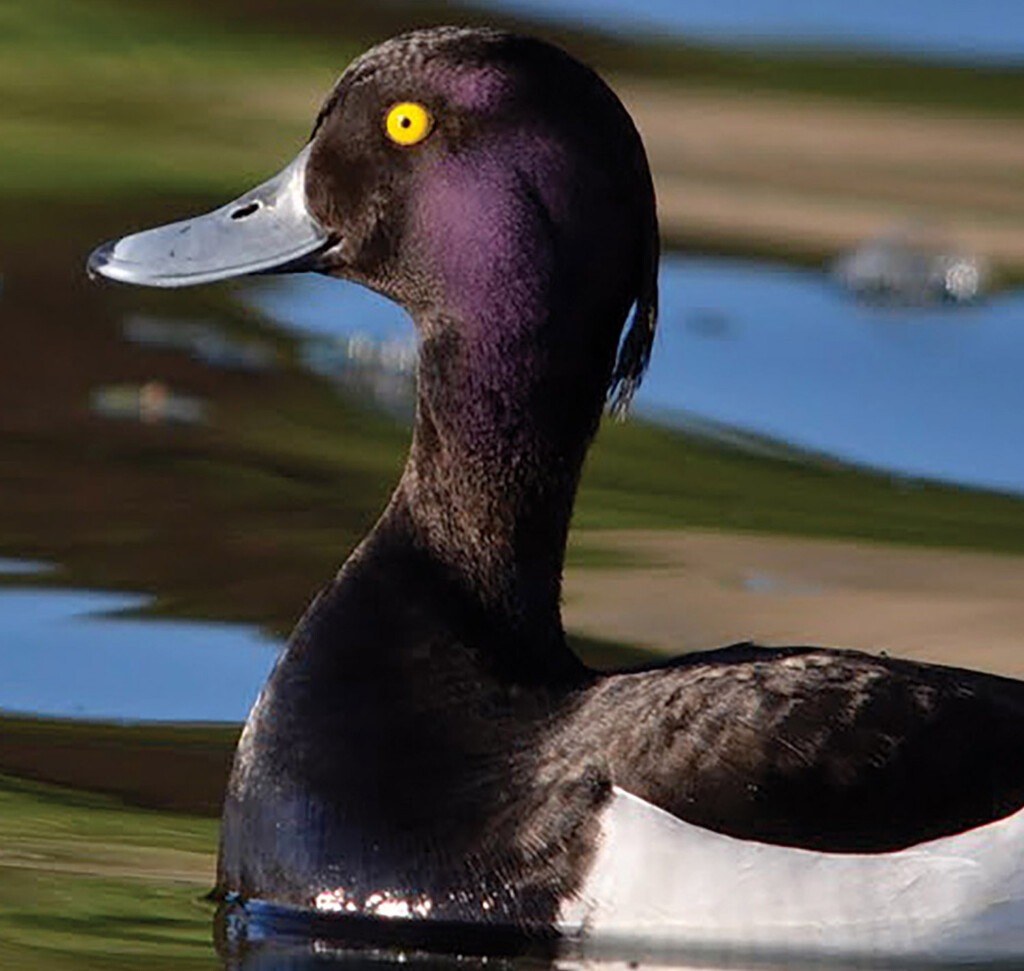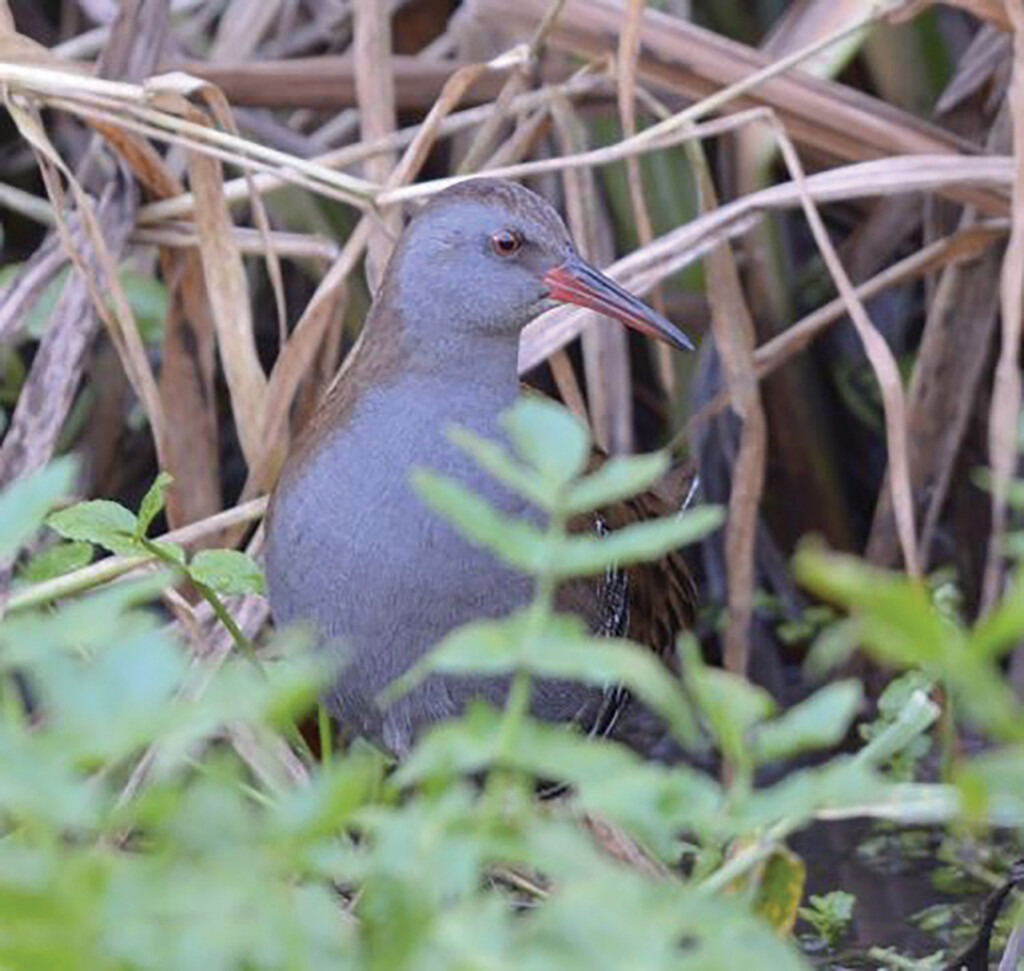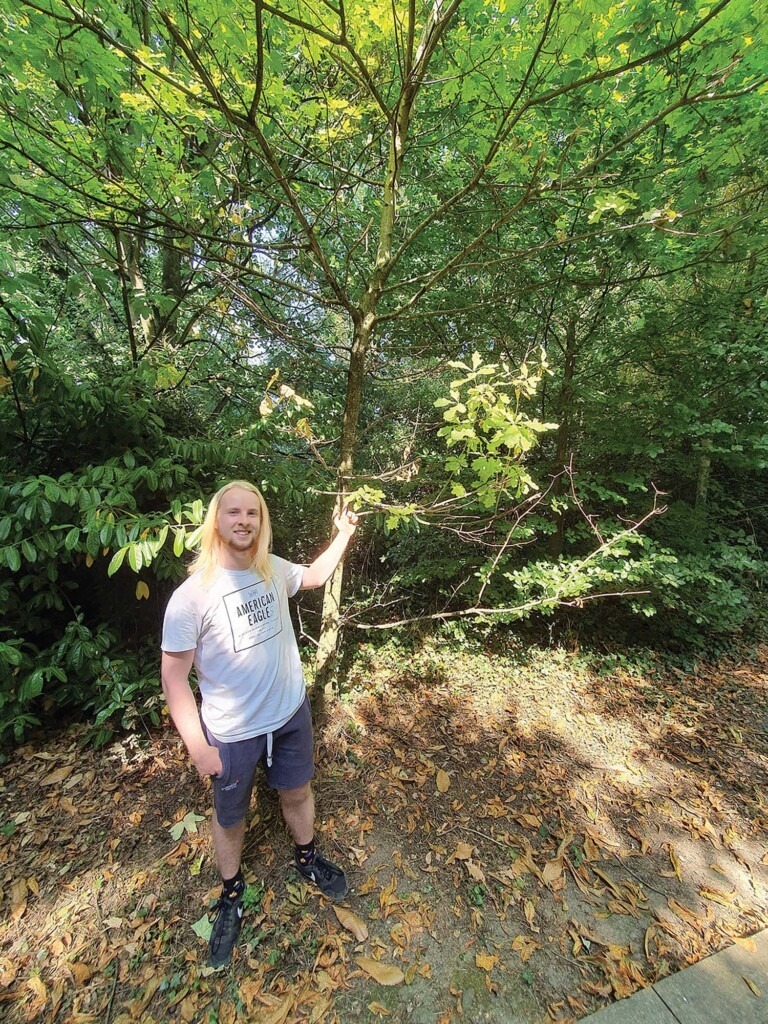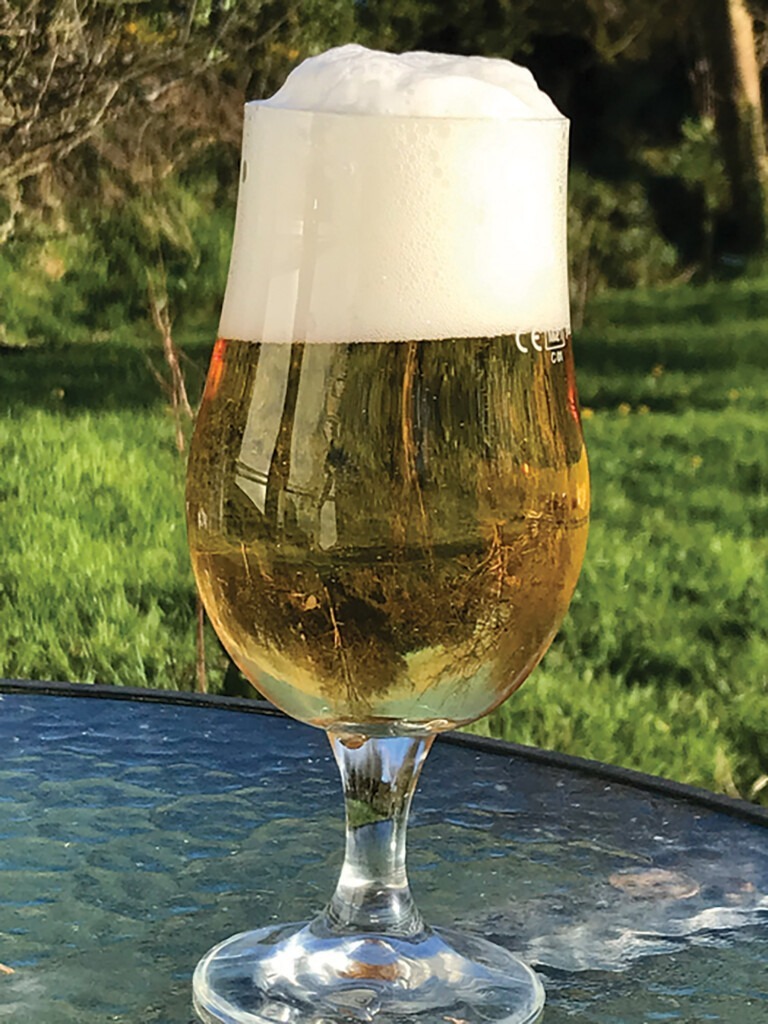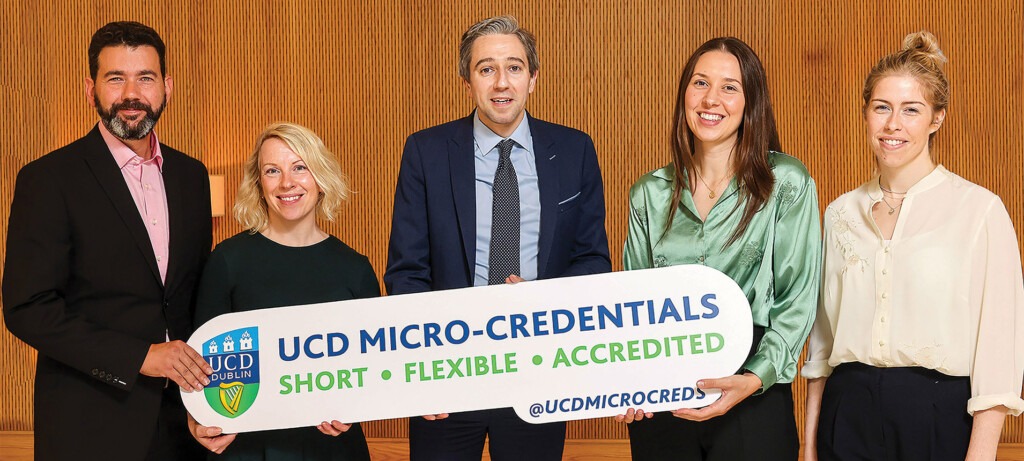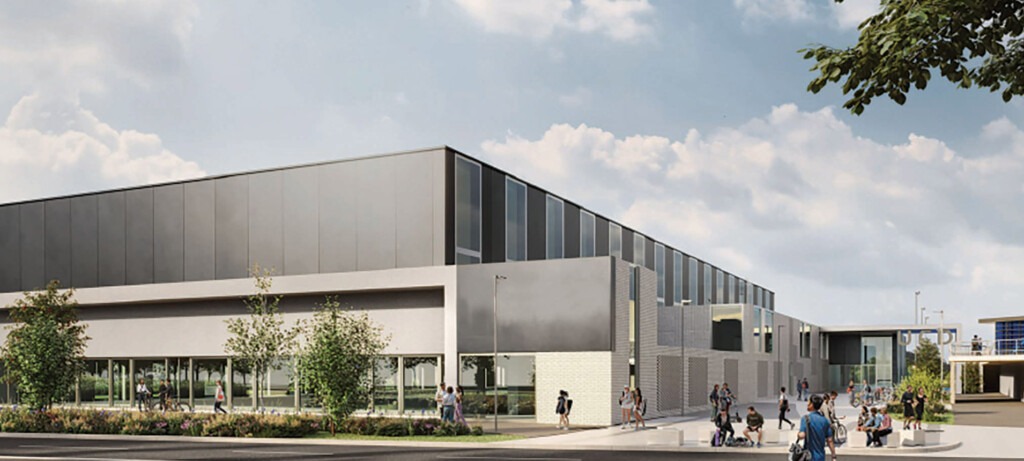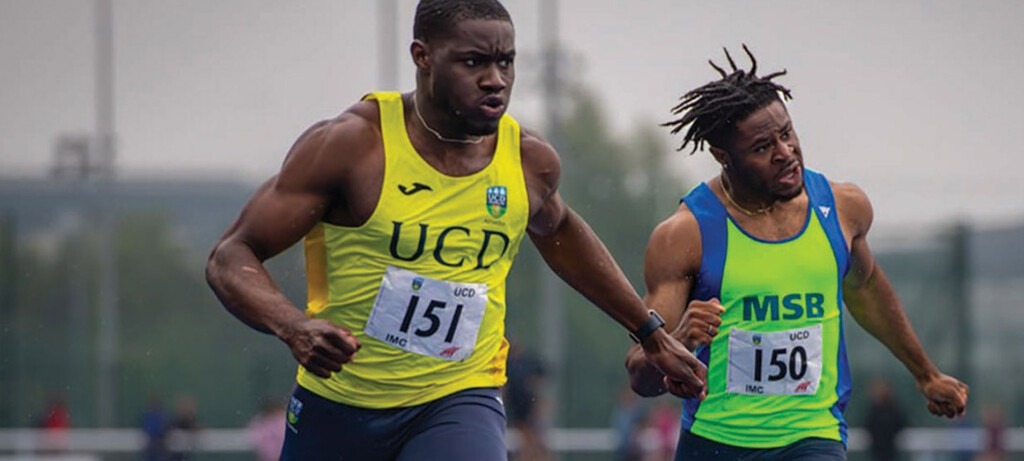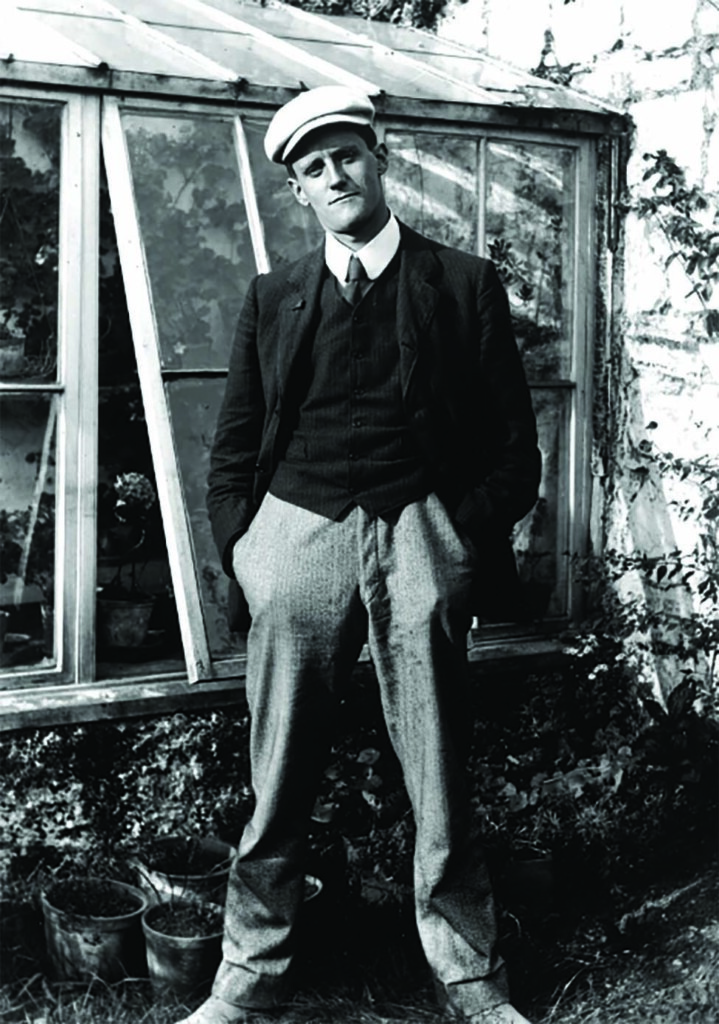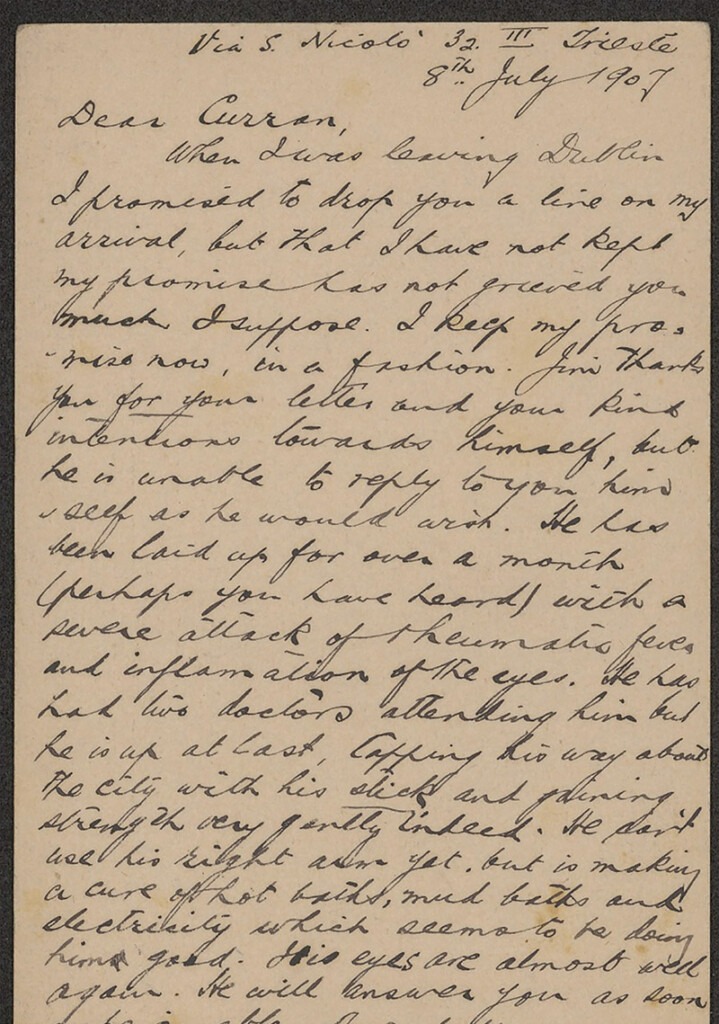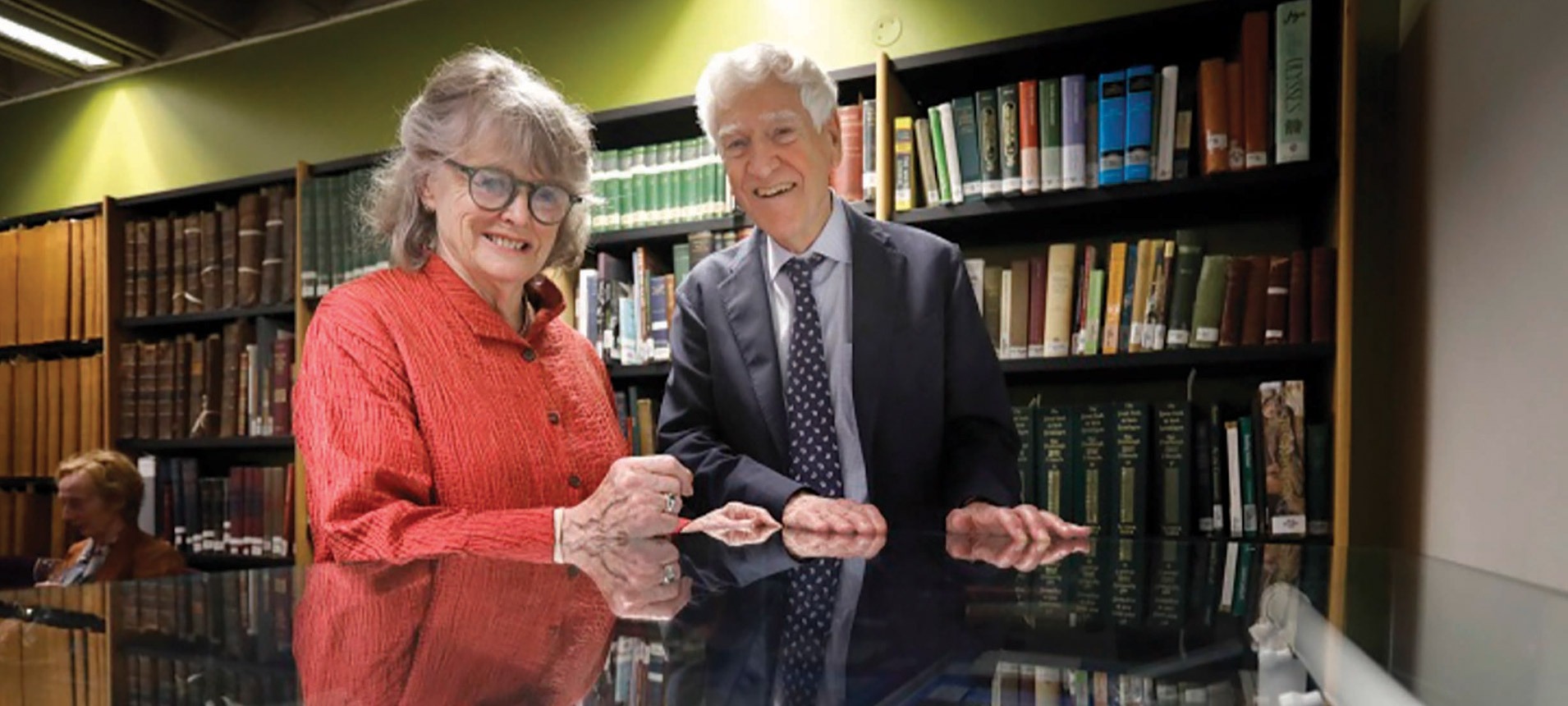This year marks the eleventh anniversary of the UCD Alumni Awards, a celebration of the remarkable achievements of our distinguished alumni. UCD takes immense pride in honouring their outstanding accomplishments and acknowledging their contributions to society.
Established in 2014, the annual UCD Alumni Awards were created to recognise the excellence of alumni and their far-reaching impact. These Awards highlight the achievements of alumni across diverse sectors, from business and industry to healthcare, science, culture, sport and the arts.
With a global network of over 323,000 alumni in 184 countries, the recipients of the annual UCD Alumni Awards are selected amid strong competition. They are chosen for their global impact, their pioneering ambition and how their work reflects UCD’s core values.
The UCD Alumni Awards not only honour the achievements of our esteemed alumni but also inspire current and future generations of students, recognising and showcasing the impact UCD alumni continue to have on our world.
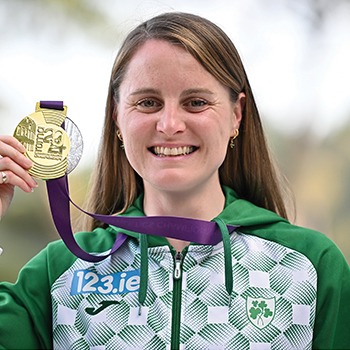
SPORT AWARD
Ciara Mageean, physiotherapist and international middle distance track athlete, has represented Ireland in the 1500m at the Rio 2016, Tokyo 2020, and Paris 2024 Olympics, where she had to withdraw due to an achilles injury. In June 2024, Ciara became the European 1,500m Champion in Rome, adding a gold medal to her silver in 2022 and bronze in 2016 at the European Athletics Championships. She also claimed a bronze medal at the 2019 European Indoor Championships and achieved a 4th place finish at the World Championships in 2023, setting a new Irish 1,500m record. Ciara improved that record a month later with a stunning 3.55.87 at the Brussels Diamond League. The Co. Down athlete now holds all Irish middle-distance records: 800m (1.58.51), 1,000m (2.31.06), 1,500m (3.55.87) and the Mile (4.14.58). Ciara always wanted to represent Ireland at the highest level, the choice a toss-up between camogie and athletics. As her ultimate dream was to participate in the Olympics, athletics won the toss and a brilliant underage career, winning World Junior Silver and European Youth gold, was to set her on the path to success.
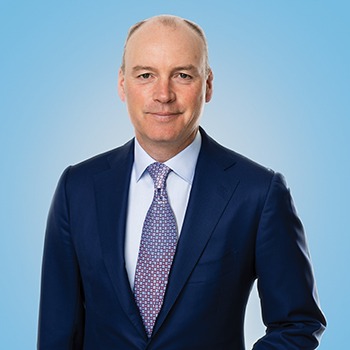
BUSINESS AWARD
Aengus Kelly, a chartered accountant with a degree in Commerce and a master’s in Accounting from UCD, was appointed Executive Director and CEO of AerCap, the world’s largest aviation leasing company, in 2011. Under his leadership, the Dublin-based, New York-listed company acquired GE Capital Aviation Services (GECAS) in a landmark €25bn deal in 2021. This acquisition created the largest company of its kind in the world, with more than 2,000 planes, 300 helicopters, and 900 engines, and brought GECAS back into Irish ownership. AerCap’s recent financial results reflect its continued global growth and success. Aengus’s exceptional leadership was recognised at the Aviation 100 Awards 2024, where he was named Global CEO & Industry Leader of the Year. AerCap was honoured as Global Lessor of the Year and received the Equity Deal of the Year award for the completion of the GE Secondary Public Share Offering. Before becoming CEO, Aengus served as CEO of AerCap’s US operations (2008-2011) and was AerCap’s Group Treasurer (2005-2007). He began his career in the aviation leasing and financing sector with Guinness Peat Aviation (GPA) in 1998 and its successors AerFi in Ireland, debis AirFinance, and AerCap in Amsterdam. Prior to this, he spent three years with KPMG in Dublin.
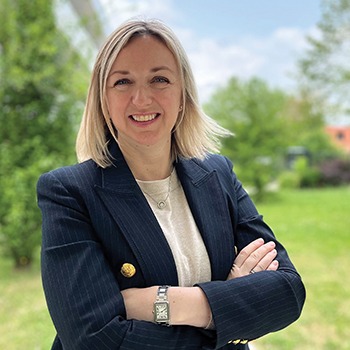
ENGINEERING AND ARCHITECTURE AWARD
Clíodhna Lyons, a UCD Mechanical Engineering graduate also holds a PhD from UCD. While still writing her doctoral thesis, she joined the Research & Development team at Nissan in Barcelona, where she went from being an engine calibration engineer to leading the Powertrain and Software Engineering team in 2014. In 2019, Clíodhna moved to Nissan, Paris, to join the Product Planning team and in 2021 was appointed Director, Product Strategy and Planning for Europe. In her current role as Vice President, Product and Service Planning, Clíodhna is responsible for Nissan’s product strategy in Africa, Middle East, India, Europe and Oceania. Covering 147 markets, with vast diversity in customer needs, regulation and technical solutions, Clíodhna leads a team across six locations on three continents and has played a significant role in Nissan’s electrification strategy in Europe. In 2022, Clíodhna was recognised among a truly diverse and talented group of her peers as a Rising Star by Automotive News Europe, which honours leaders in the European automotive industry who are driving real change and fostering innovation. Clíodhna is a founding member of Nissan’s DEI council.
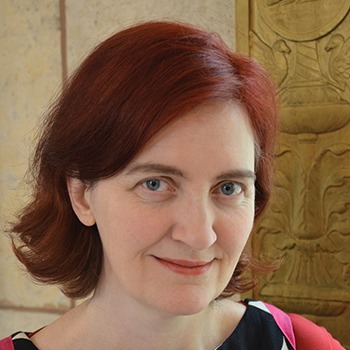
ARTS AND HUMANITIES AWARD
Dublin-born award-winning novelist, screenwriter, and playwright, Dr Emma Donoghue became a Canadian citizen in 2004. Her latest novel Learned by Heart (2023) is set in 1805 and inspired by the extraordinary regency diarist Anne Lister. Room (2010) was shortlisted for the Man Booker and Orange Prizes and has sold almost three million copies. Emma adapted it into her first feature film, Room, which was nominated for four Academy Awards for Best Adapted Screenplay, Best Director, Best Picture, and Best Actress (won by lead, Brie Larson). The Wonder (2016, a finalist for Canada’s Giller Prize and the Kerry Group Irish Novel of the Year), is about a ‘fasting girl’ in 19th-century Ireland and the English nurse sent to watch her. Emma adapted it into the 2022 film starring Florence Pugh. Haven (2022) was shortlisted for the Dublin Literary Award. Set in Dublin during the Great Flu pandemic in 1918 (and written before Covid-19), The Pull of the Stars (2020) was adapted for theatre in 2024. Emma’s work also includes historical novels Frog Music, The Sealed Letter, Life Mask, Slammerkin, and contemporary novels Akin, Landing, Hood and Stir-fry, as well as short-story collections, literary history and two anthologies.
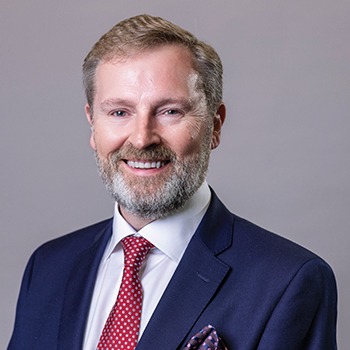
SCIENCE AWARD
Paul Gillen, Managing Director and Country Lead for Barclays Bank in Ireland and Chief Security Officer for Barclays Bank in Europe, is also the global head of Cyber, Fraud and Internal Security Transformation teams, where he leads Cyber Security transformation at the bank, one of the world’s largest and most systemically important. Paul joined Barclays in London in 2015 from the European Cybercrime Centre (EC3) in the Hague where he was EC3’s founding Head of Cybercrime Operations and Intelligence from 2012 to 2015. Paul has been working in cyber and fraud since 1996 and was the founder of what is now the Garda Cybercrime Bureau. As a graduate of UCD, he was also co-founder of the UCD Centre for Cyber Security and Cybercrime Investigation. Paul was founding chairperson of Europol’s European Cybercrime Training and Education Group (ECTEG) and he was also founder and co-chair of the European Union Cybercrime Task Force (EUCTF), a group made up of all the Heads of Federal Police Cybercrime Units across the EU. Paul is one of only 400 recipients of the Scott Medal for valour by the Garda Síochána for his part in the rescue of kidnapped supermarket executive Don Tidey in 1983. Paul was awarded a Fellowship of the Irish Computer Society in 2021 for a lifetime contribution to cyber security.
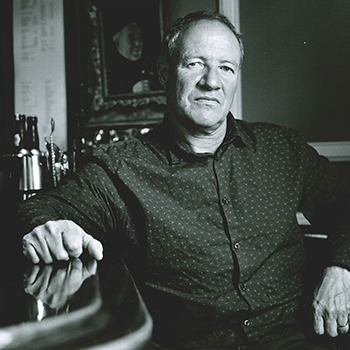
LAW AWARD
John O’Donnell graduated with a bachelors in law degree from UCD and received a masters in law from Cambridge. John has distinguished himself across various fields, reaching the pinnacle of his legal career while also earning numerous awards and accolades for his literary contributions. He commenced practice at the Bar in 1983, becoming a Senior Counsel in 2001. A Bencher of King’s Inns, he has a diverse practice in civil and corporate litigation and his book Examinerships is the leading text on corporate insolvency and rescue. John’s literary work has been published widely. Awards include the Hennessy Award for Poetry and the Hennessy Award for Emerging Fiction, the Irish National Poetry Prize, New Irish Writing Awards for Poetry and Fiction, the Ireland Funds prize and the RTÉ Francis McManus Short Story Award. He has published five poetry collections. His first short story collection Almost the Same Blue was a Sunday Independent Book of the Year. Rainbow Baby, an RTÉ radio play, won a New York Festivals Radio Award. His documentary about the 1979 Fastnet disaster, ‘Back To The Rock’, was broadcast on RTÉ’s Doc On One. An Irish Writers’ Centre Novel Fair winner in 2024, his debut novel Second Skin is forthcoming, as is a new short story collection. John has been a member of the board of Poetry Ireland, and has served on the board of the Arts Council.
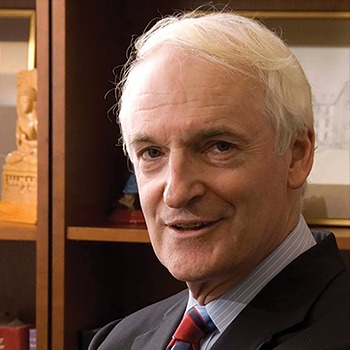
HEALTH AND AGRICULTURAL SCIENCES AWARD
Dr Patrick Boland is a surgeon specialising in Musculoskeletal Oncology at Memorial Sloan Kettering Cancer Centre (MSKCC) New York. Born and raised in Co. Kildare, he graduated from UCD and following training in General and Orthopaedic Surgery in Boston and London he completed a Fellowship at MSKCC where he has worked for 40 years. He is professor of Orthopaedic Surgery at Weill Cornell Medical School and served as director of the Orthopaedic Fellowship. In 2010, he founded the International Sacro-Pelvic Study Society and currently serves as its President. Dr Boland has received several awards in the US, UK and Ireland including honorary fellowships of the RCSI and The Royal College of Physicians in London. Throughout his career, he has co-authored 150 peer-reviewed articles and has been listed among Castle Connolly America’s Top Doctors for the past decade. He considers receiving the Willet F. Whitmore Award, an award by his peers, which recognises Clinical Excellence in “talent, dedication and compassion as a doctor” his greatest honour. In retirement he hopes to contribute to musculoskeletal cancer services in Ireland.
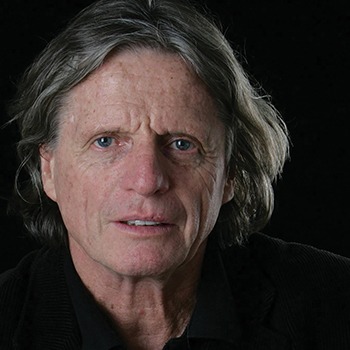
SOCIAL SCIENCES AWARD
Ethnologist and anthropologist Dr Martín von Hildebrand has dedicated the last 50 years to strengthening indigenous communities and conservation of the Amazon. Martín, whose mother was Irish, grew up in Colombia, where his parents settled in 1948. His mother was Irish. After his studies at UCD, he returned to Colombia and spent six months in the Amazon forest with indigenous communities, witnessing their treatment as slaves by rubber dealers and how their indigenous identity was being stamped out. As an activist for indigenous rights and cultural and ecological diversity, his work in both government and nongovernment sectors led to more than 26 million hectares of the Colombian Amazon territory being officially handed back to the local indigenous inhabitants. Martín is coordinating the Andes Amazon Atlantic Corridor initiative, which aims to safeguard the ecosystem connectivity and the environmental services in the northern region of the Amazon as a concrete solution to tackle climate change. He is the recipient of many international awards including the Order of the Golden Ark in recognition of his work with Gaia Amazonas and the COAMA programme, the Right Livelihood Award, the Colombian National Environmental Prize, Operation Hope’s Man of the Year, the Skoll Award for Social Entrepreneurship and the Special Irish Presidential Award for Irish Abroad. Martín also has a doctorate in ethnology from the Sorbonne, Paris.
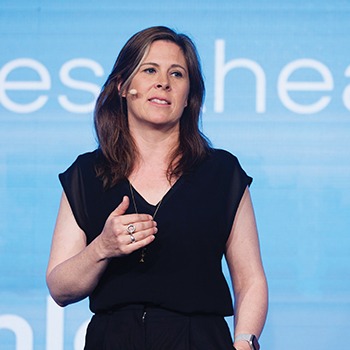
RESEARCH INNOVATION AND IMPACT AWARD
Dr Patricia Scanlon, a pioneering figure in AI, has had a 25-year career in academia and industry, including stints at Columbia University, Bell Labs, and IBM. In 2013, she founded Dublin-based SoapBox Labs, the global leader in ethical voice AI technology for children. Inspired by her eldest child, Patricia aimed to create immersive digital experiences for children of all ages and accents. Under her leadership, SoapBox Labs achieved global acclaim and was acquired by US-based Curriculum Associates in 2023. Patricia’s innovative work earned her recognition by Forbes as one of the world’s top 50 women in tech in 2018. Beyond her entrepreneurial success, she has been a staunch advocate for ethical AI. Until May of this year, she served as Chair of Ireland’s AI Council and Ireland’s AI Ambassador, spearheading national conversations on AI’s ethical implications and societal benefits. Patricia’s insights highlight that the biggest challenges with AI lie in algorithmic and societal biases, particularly in education, healthcare, and climate. Her leadership and advocacy work shape a balanced and informed perspective on the future of AI.
